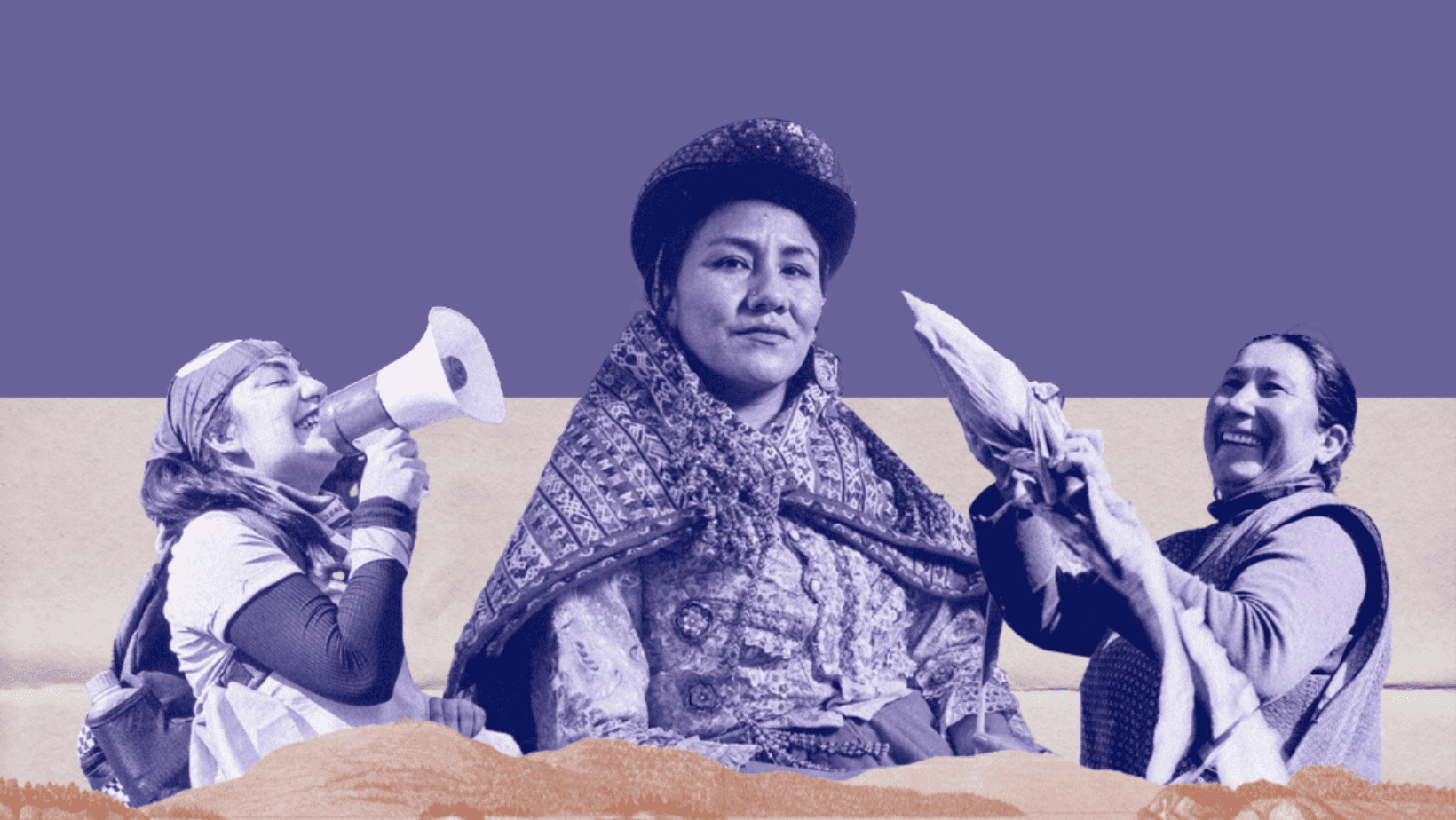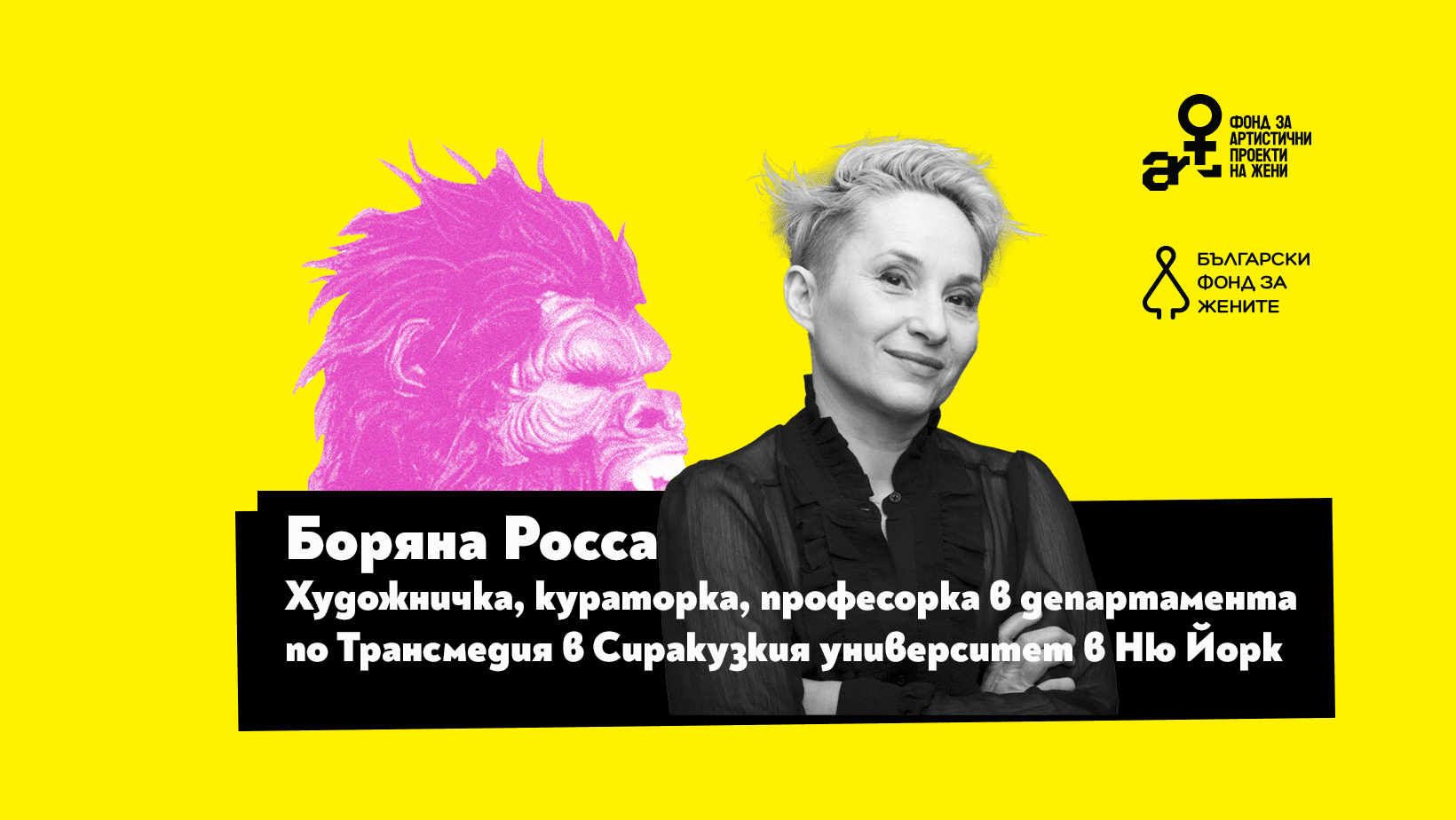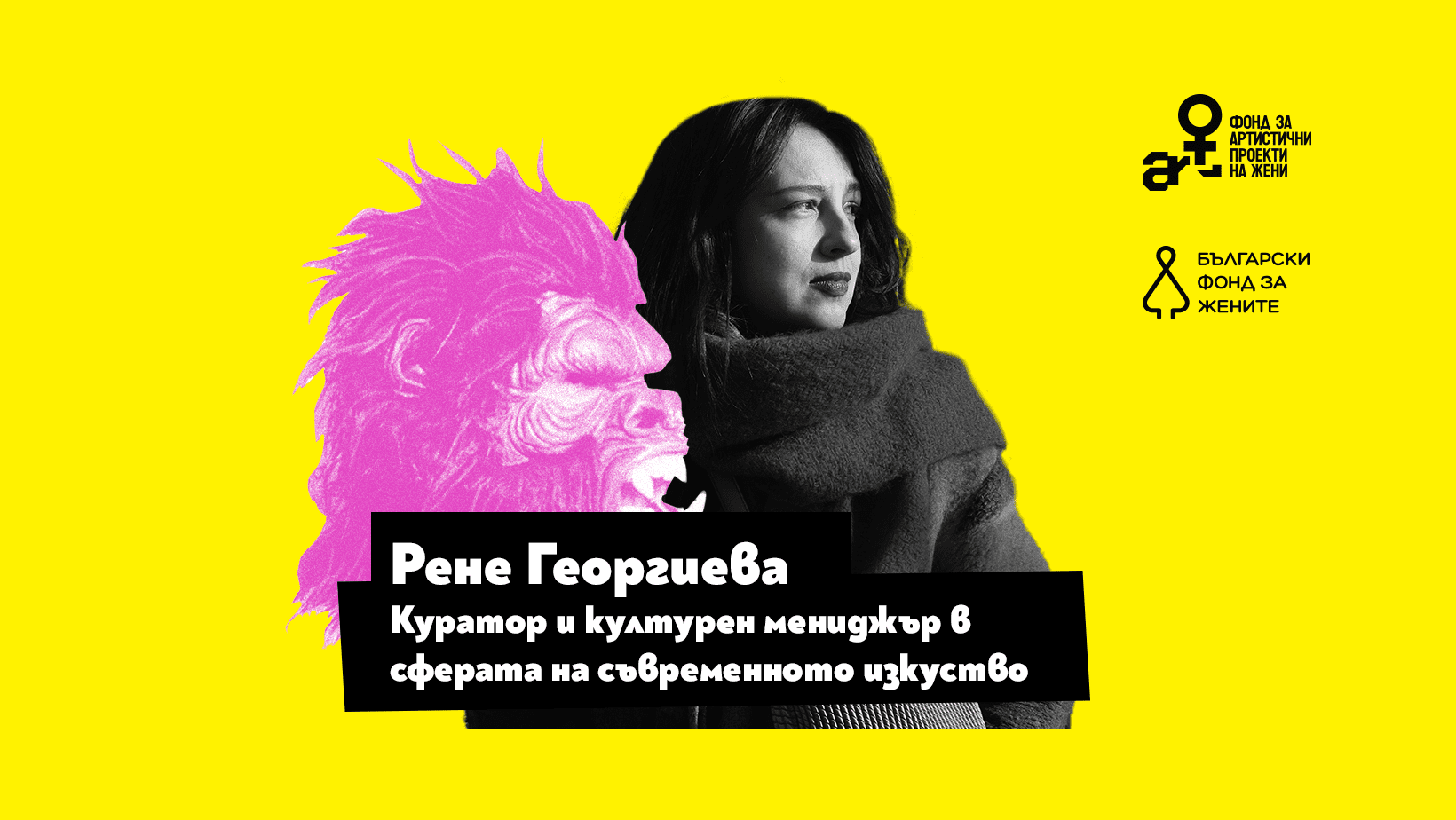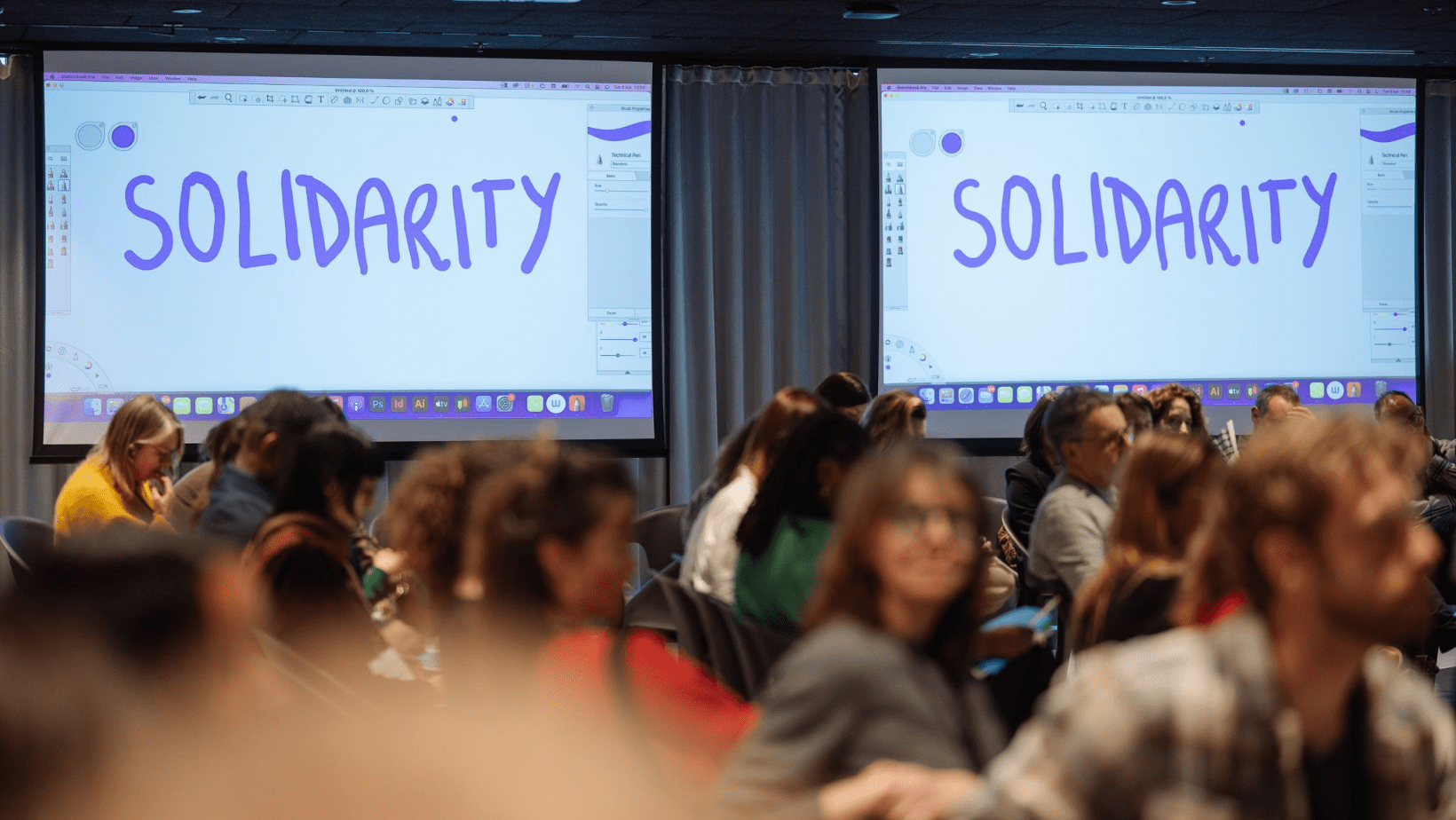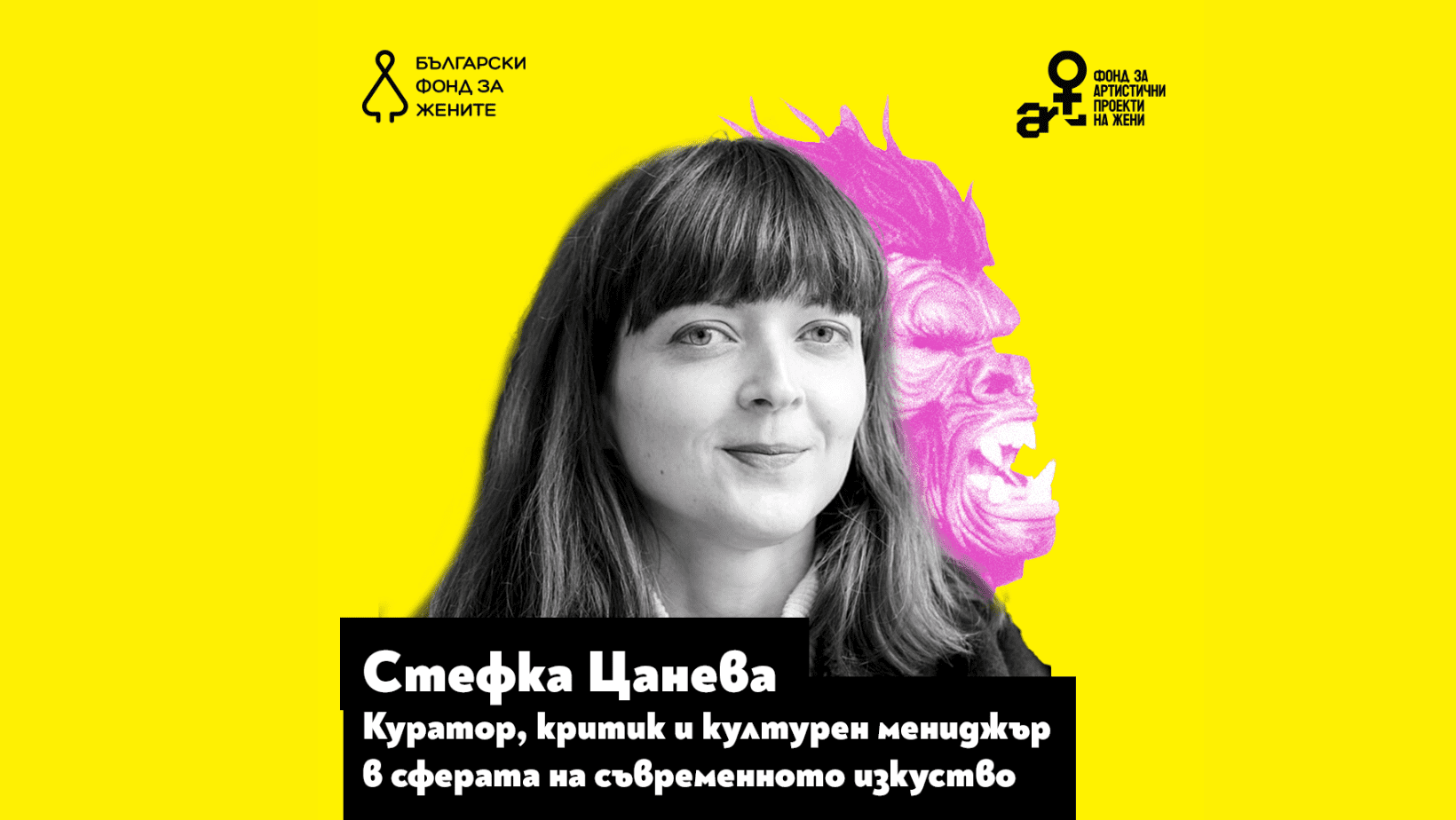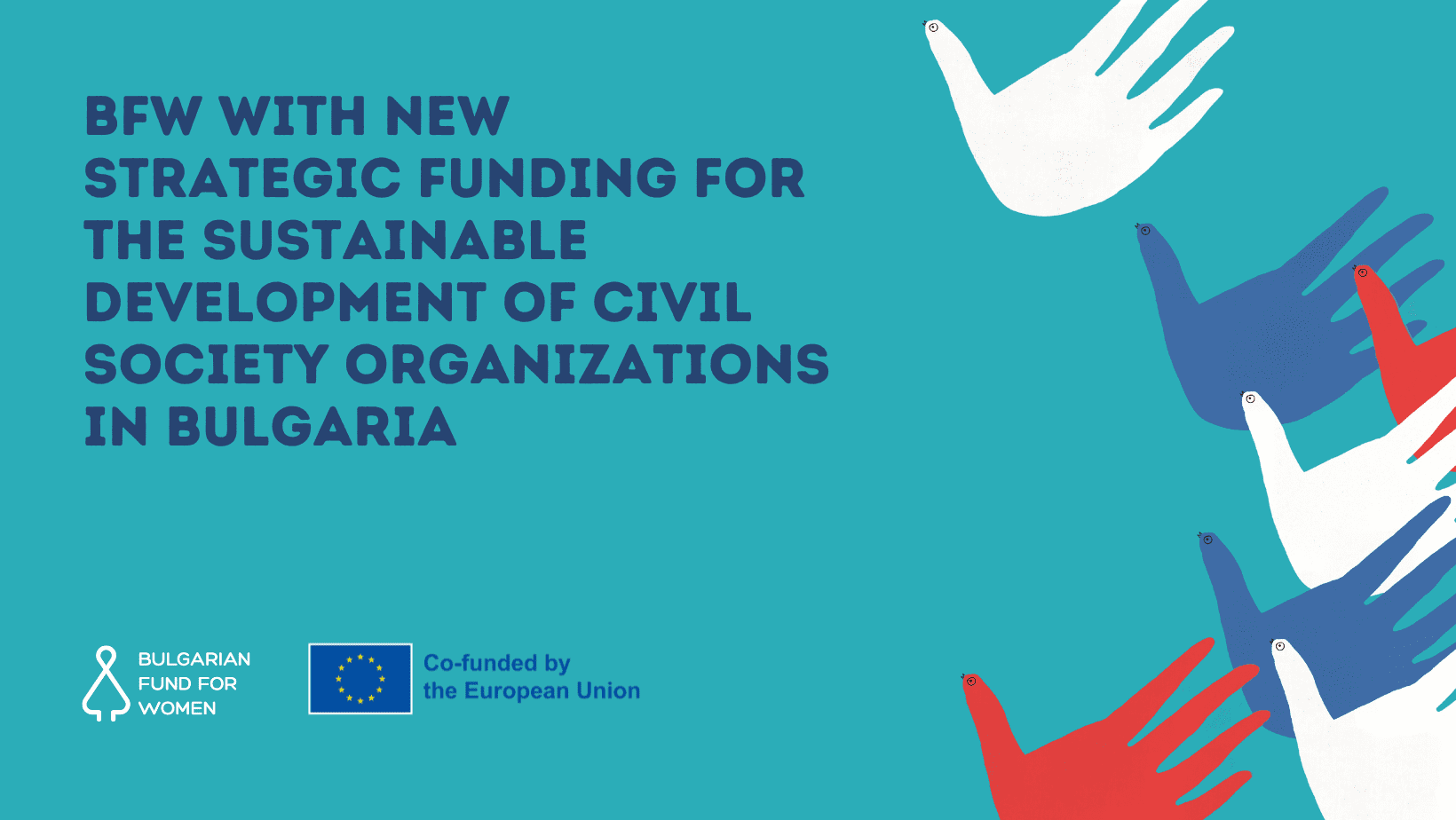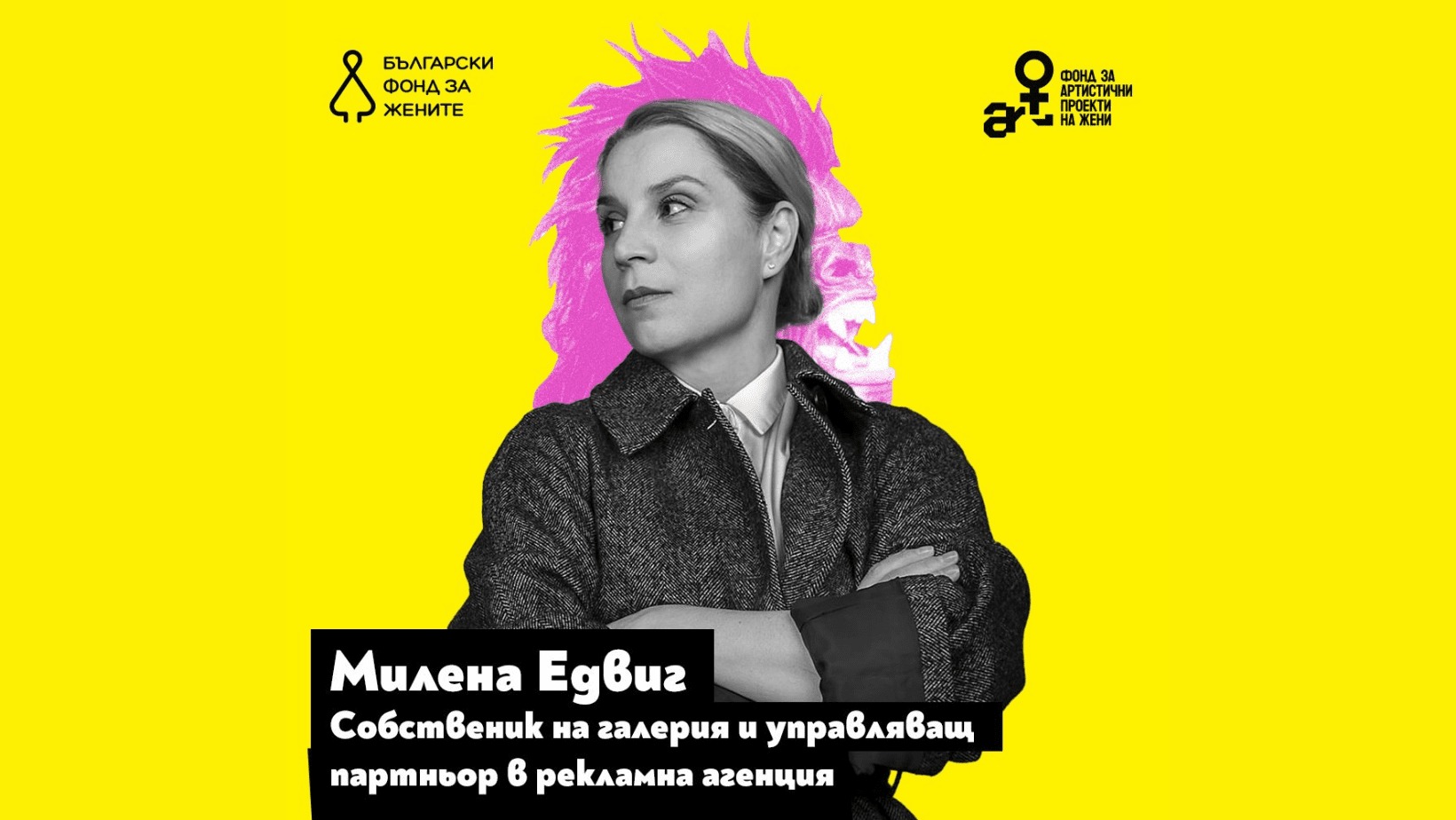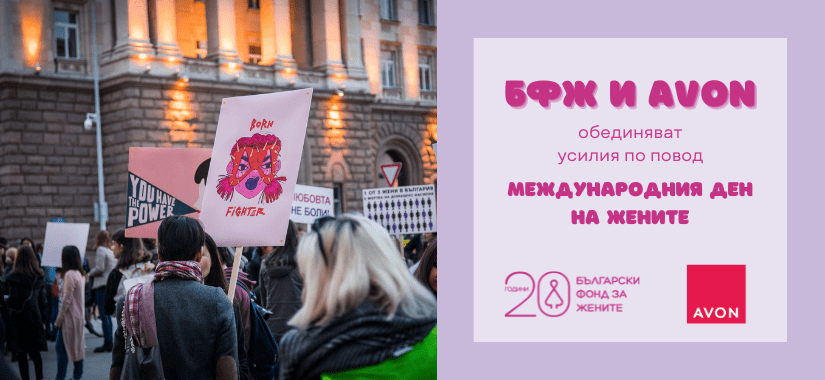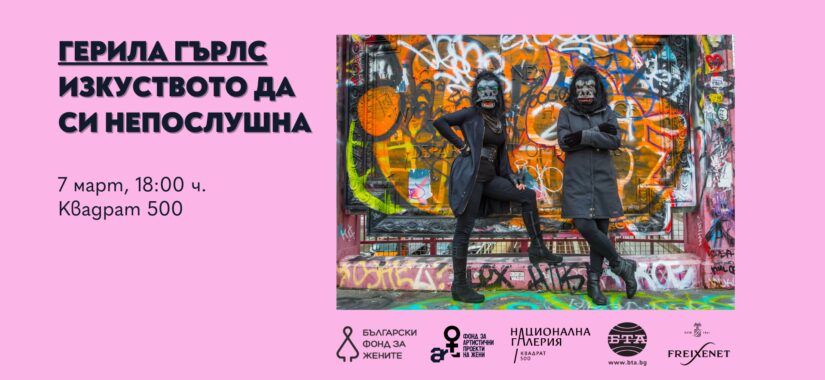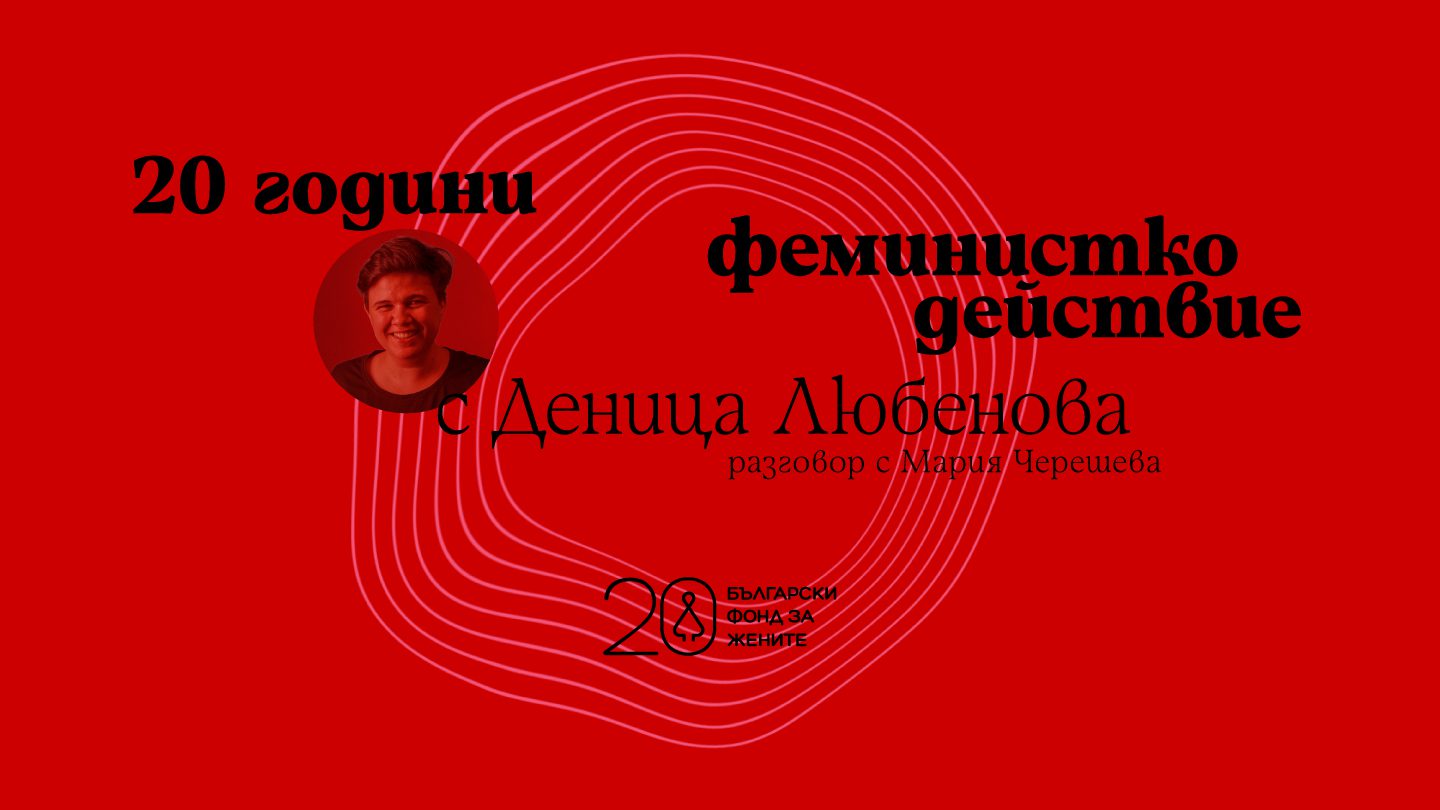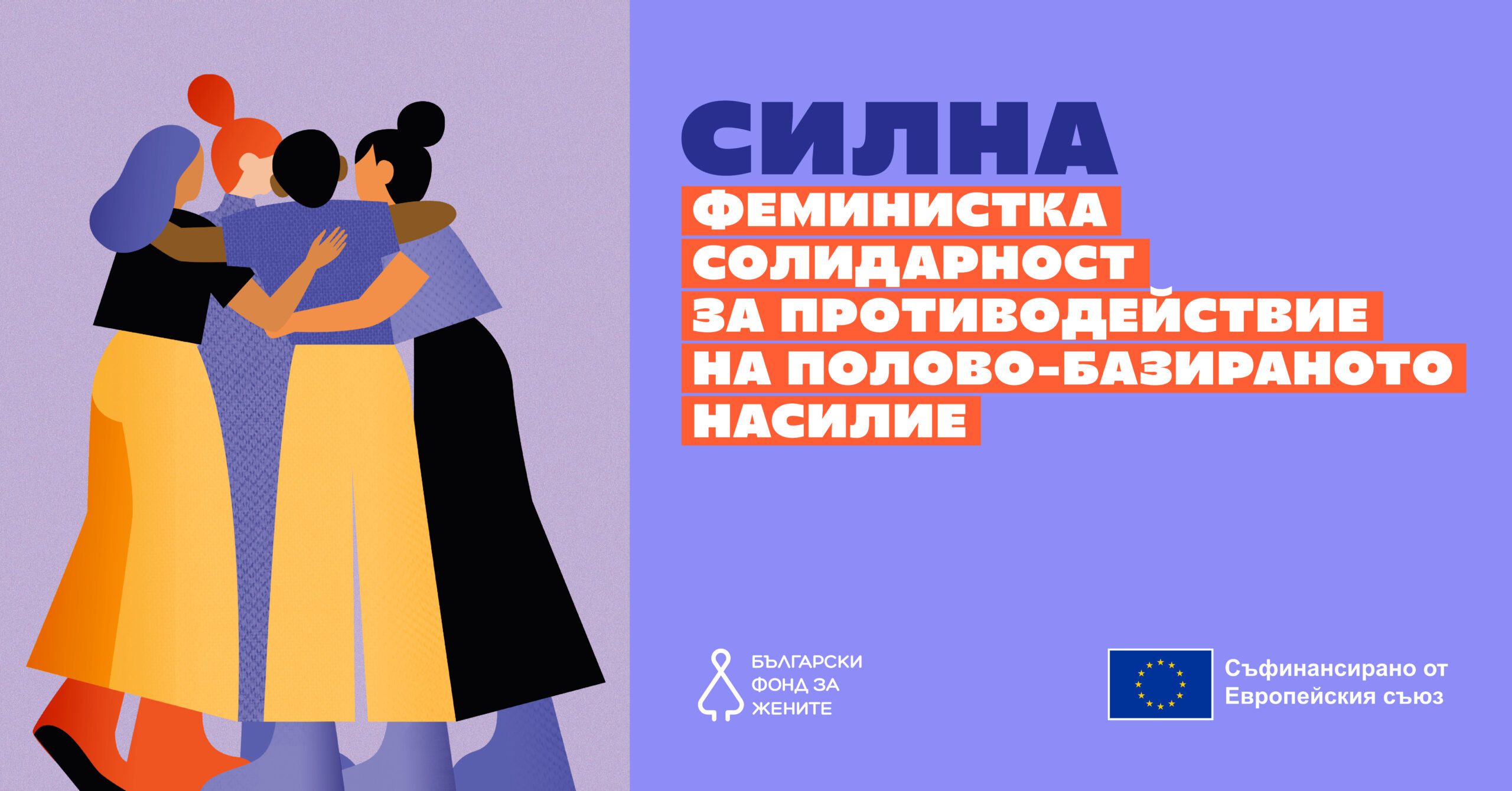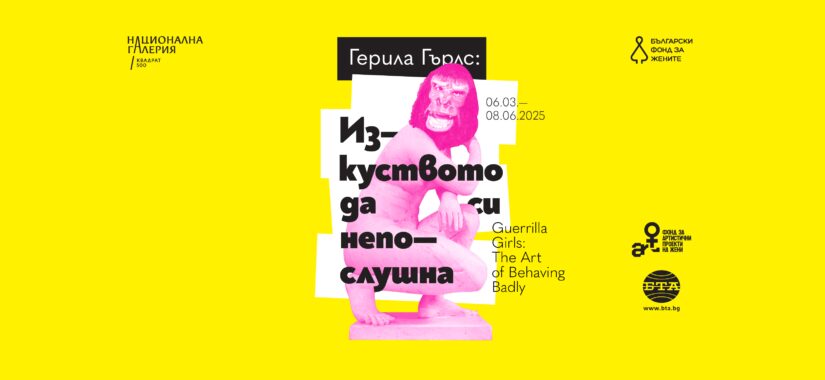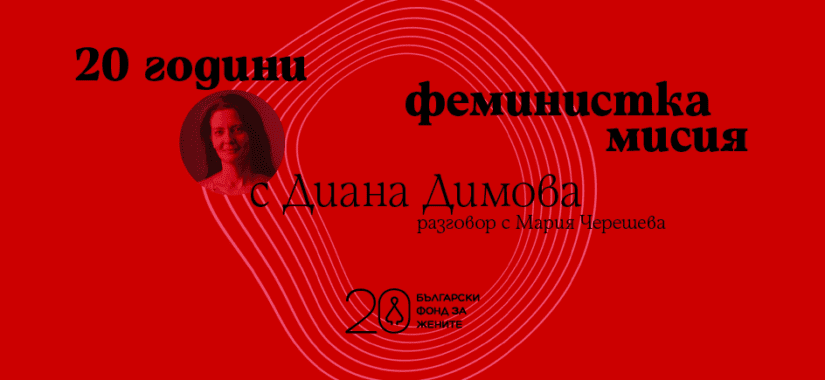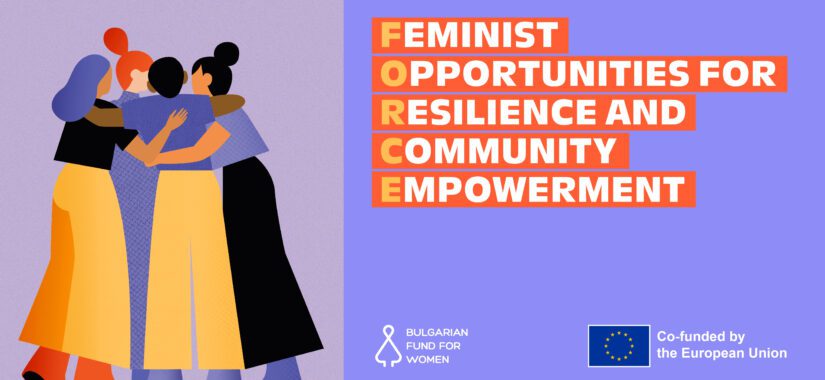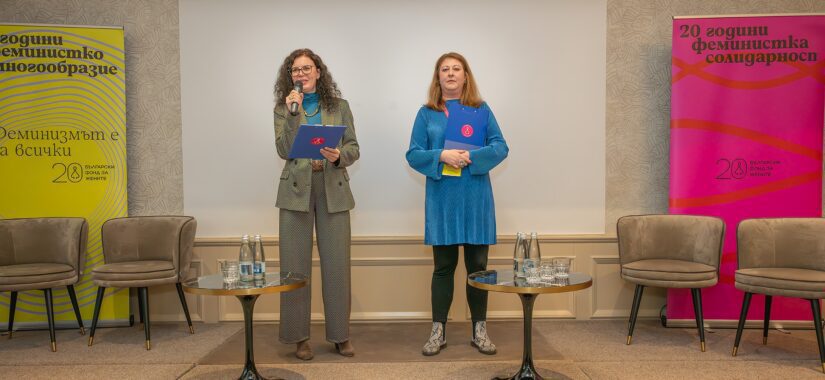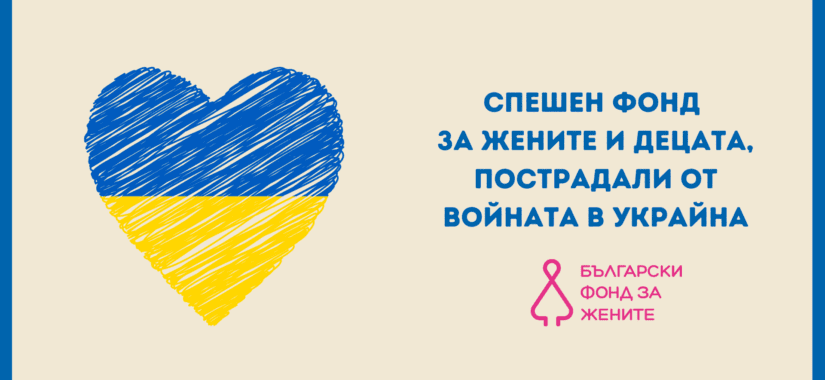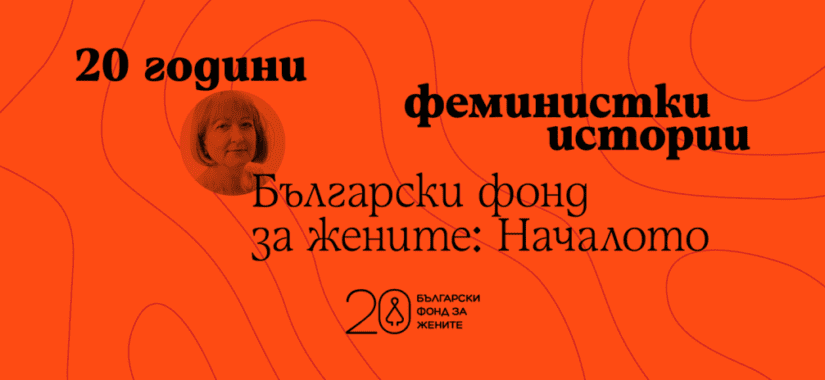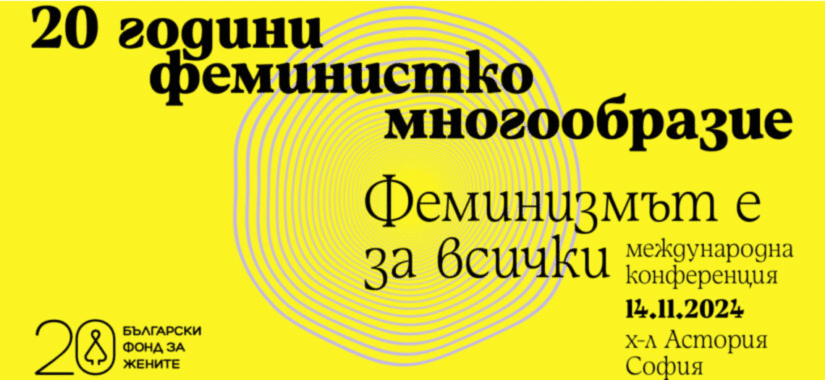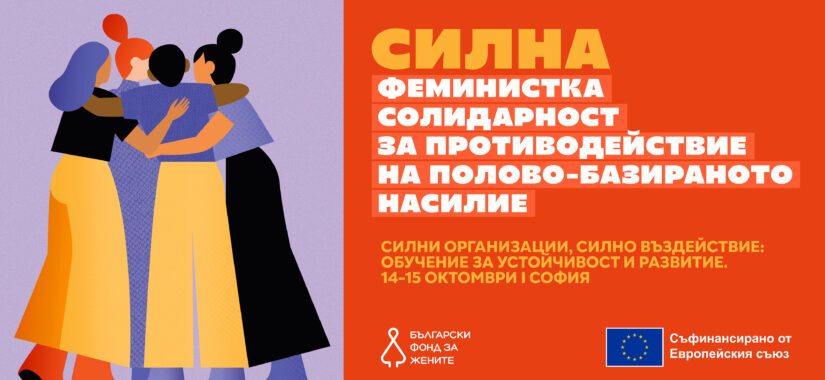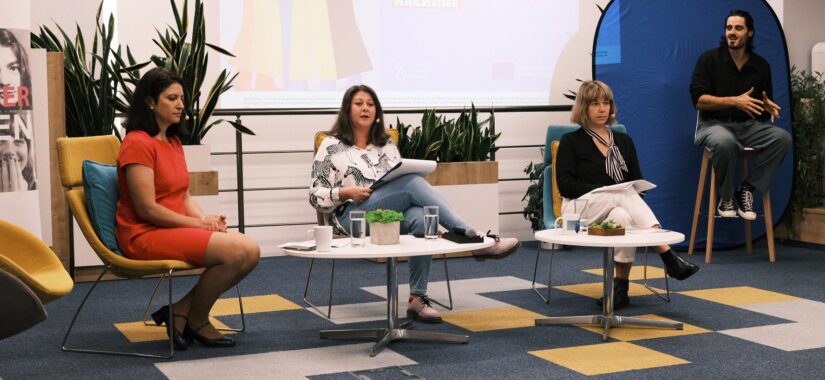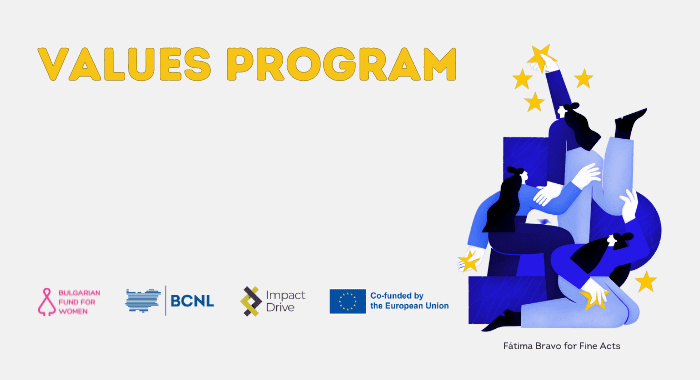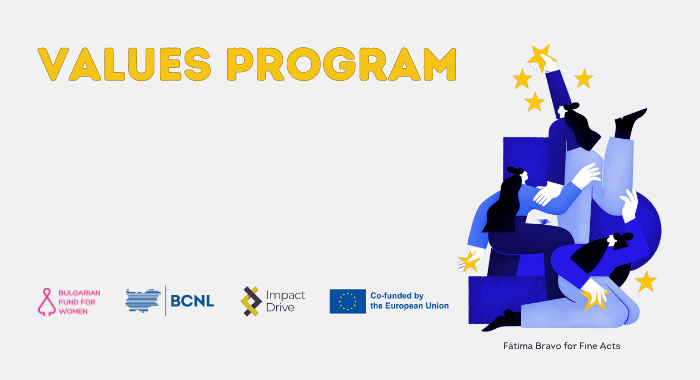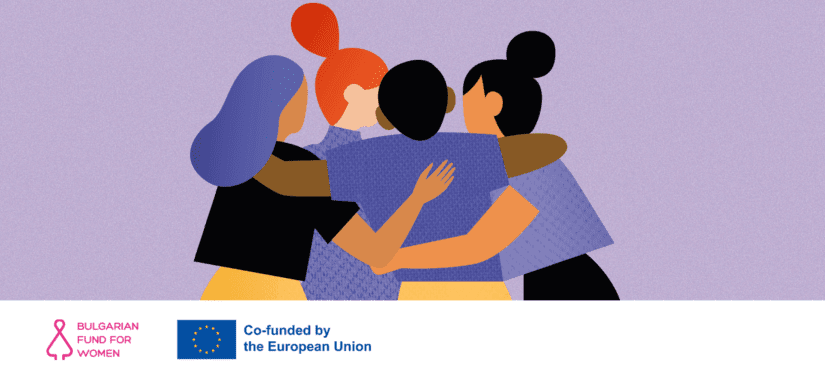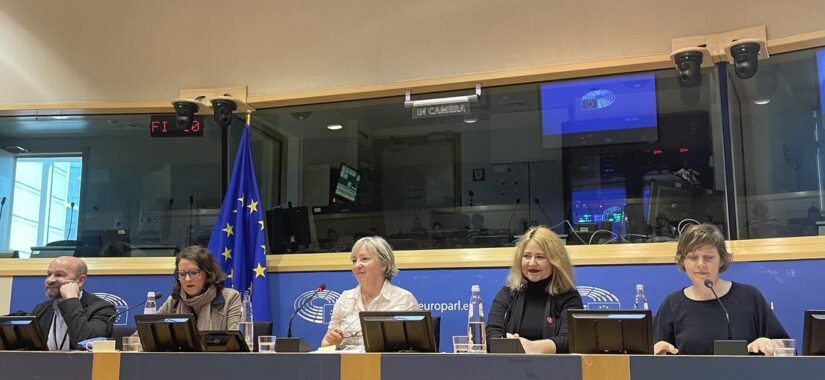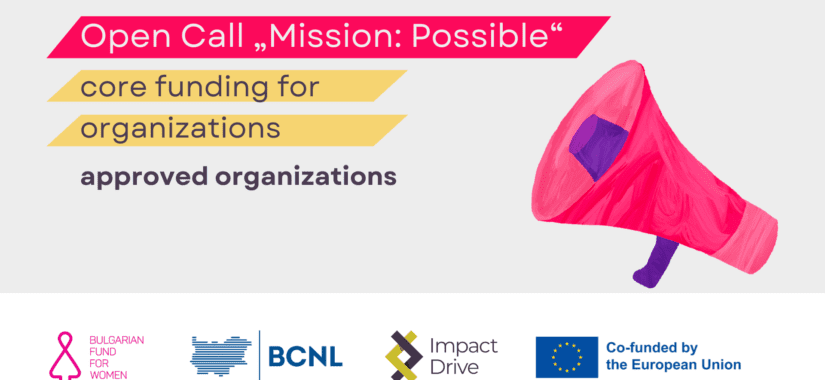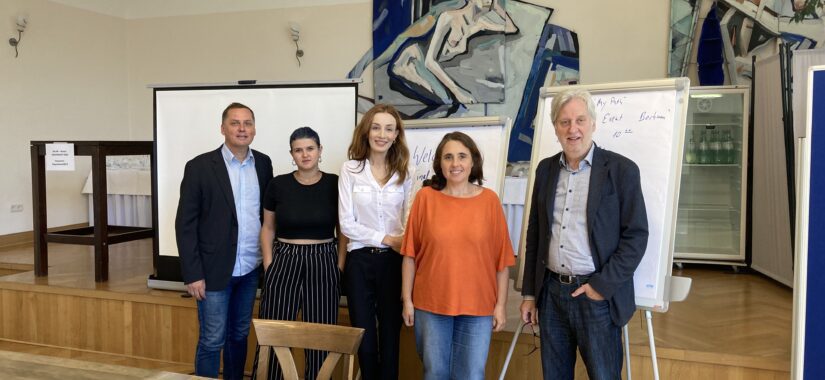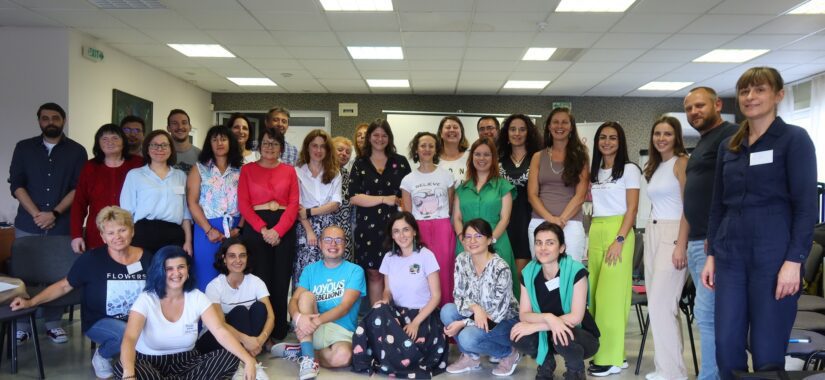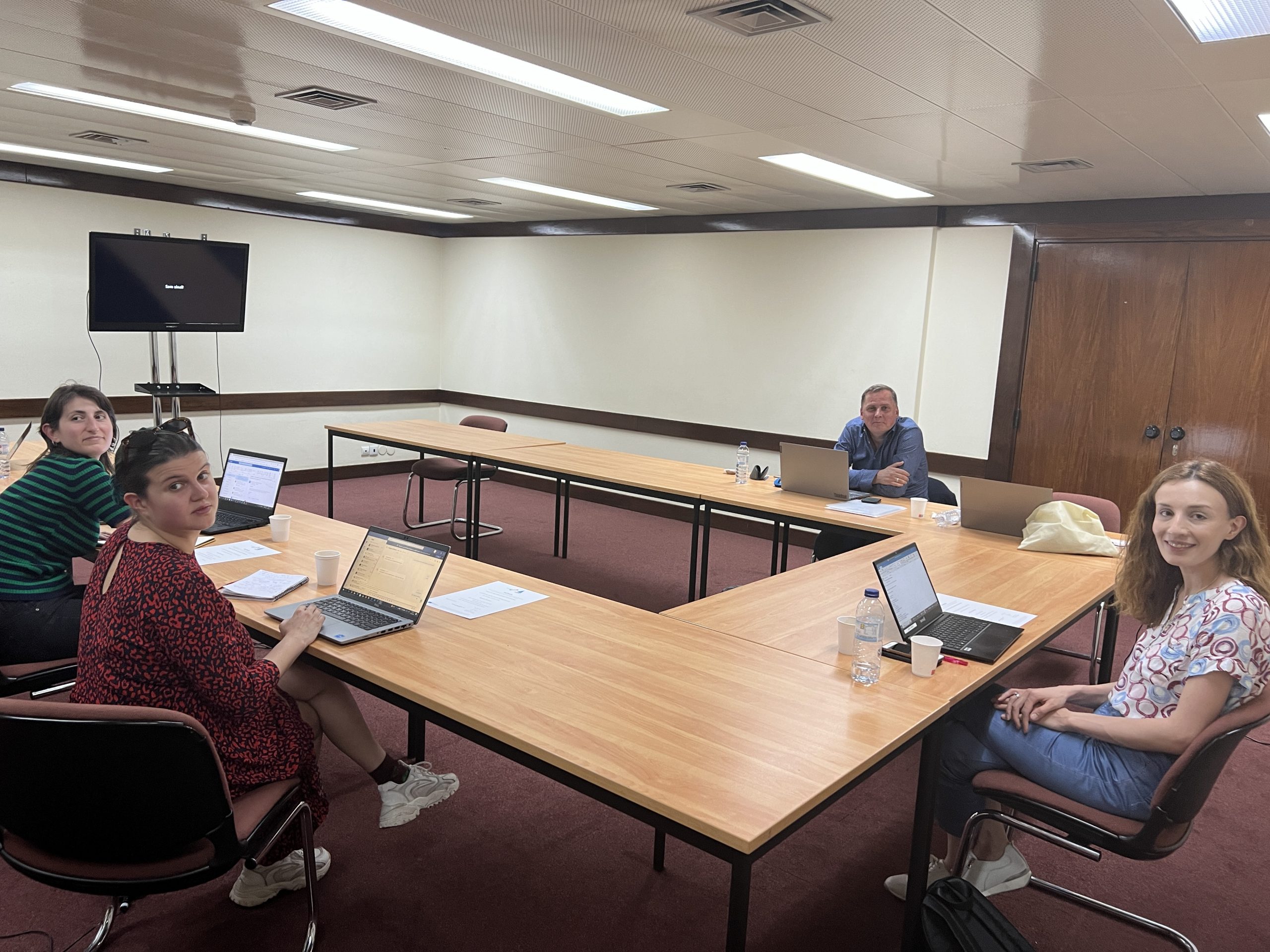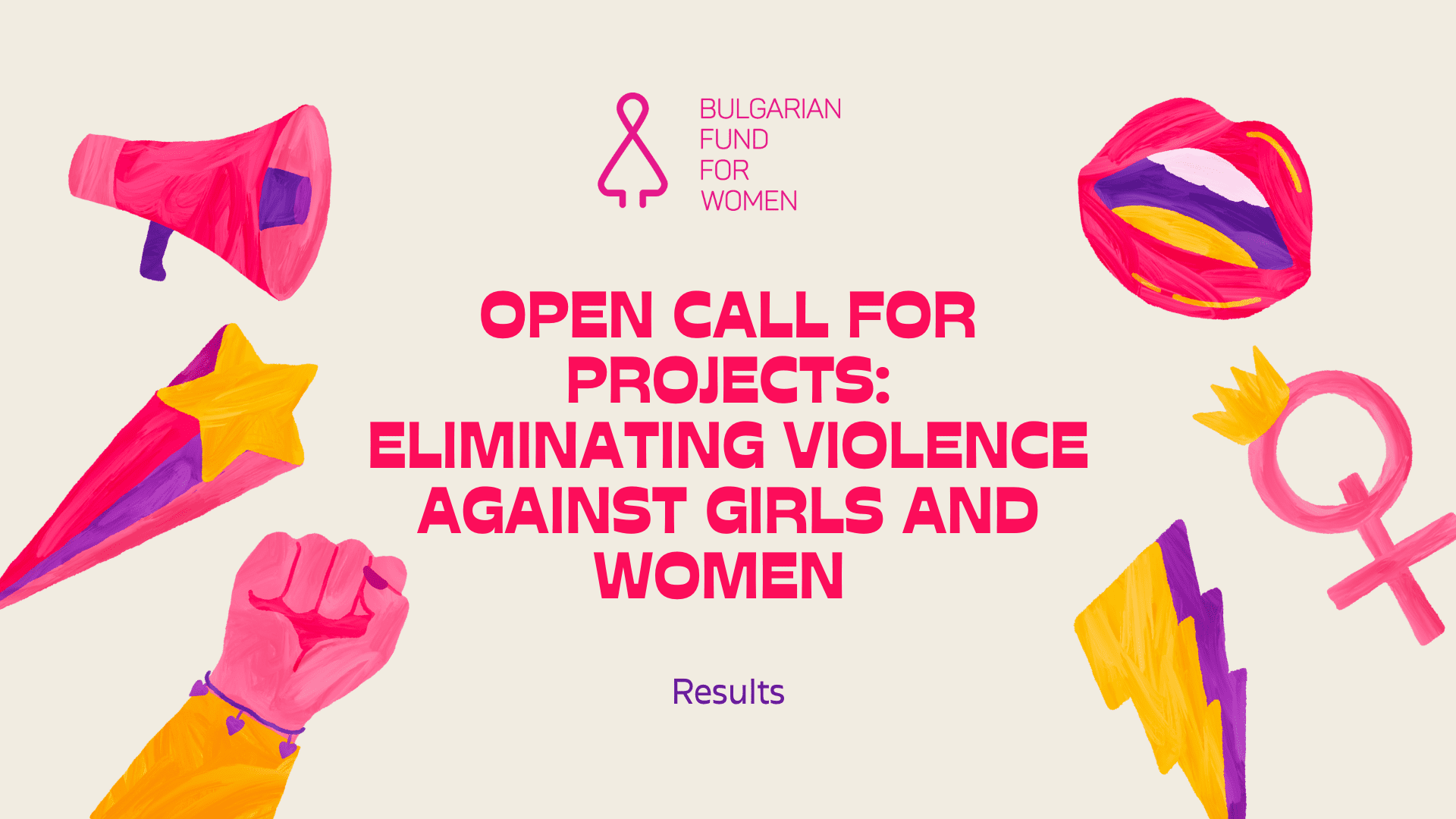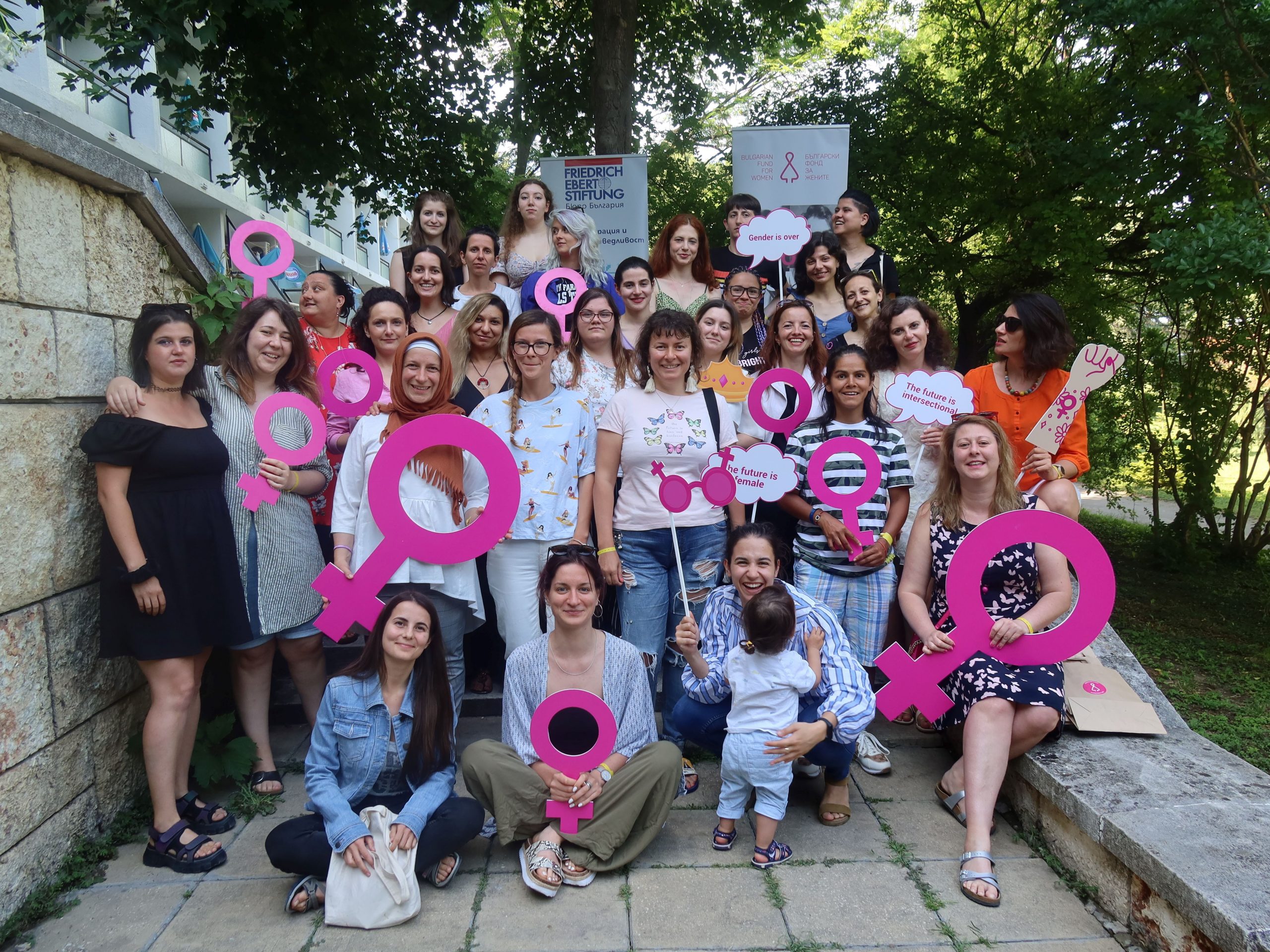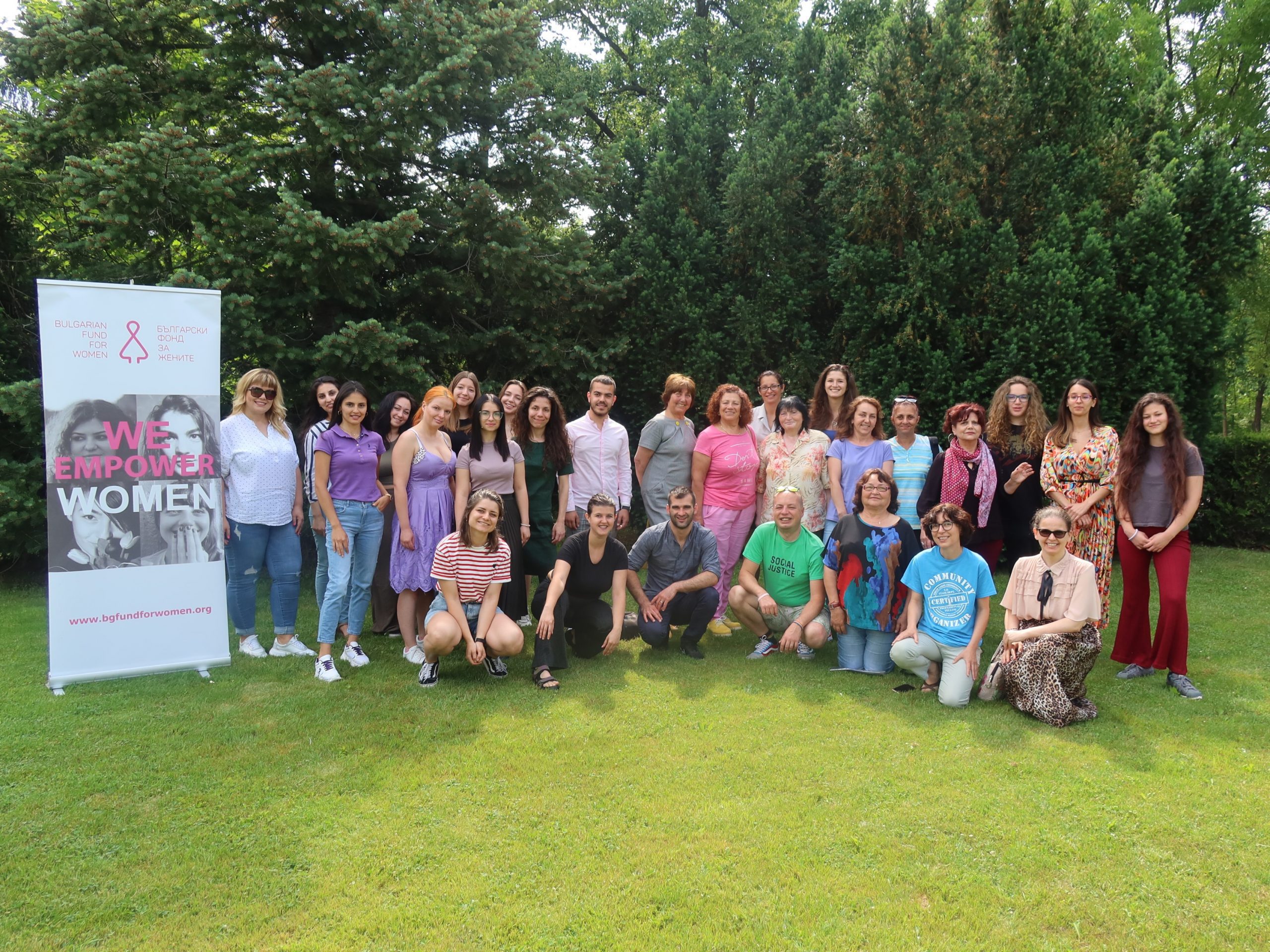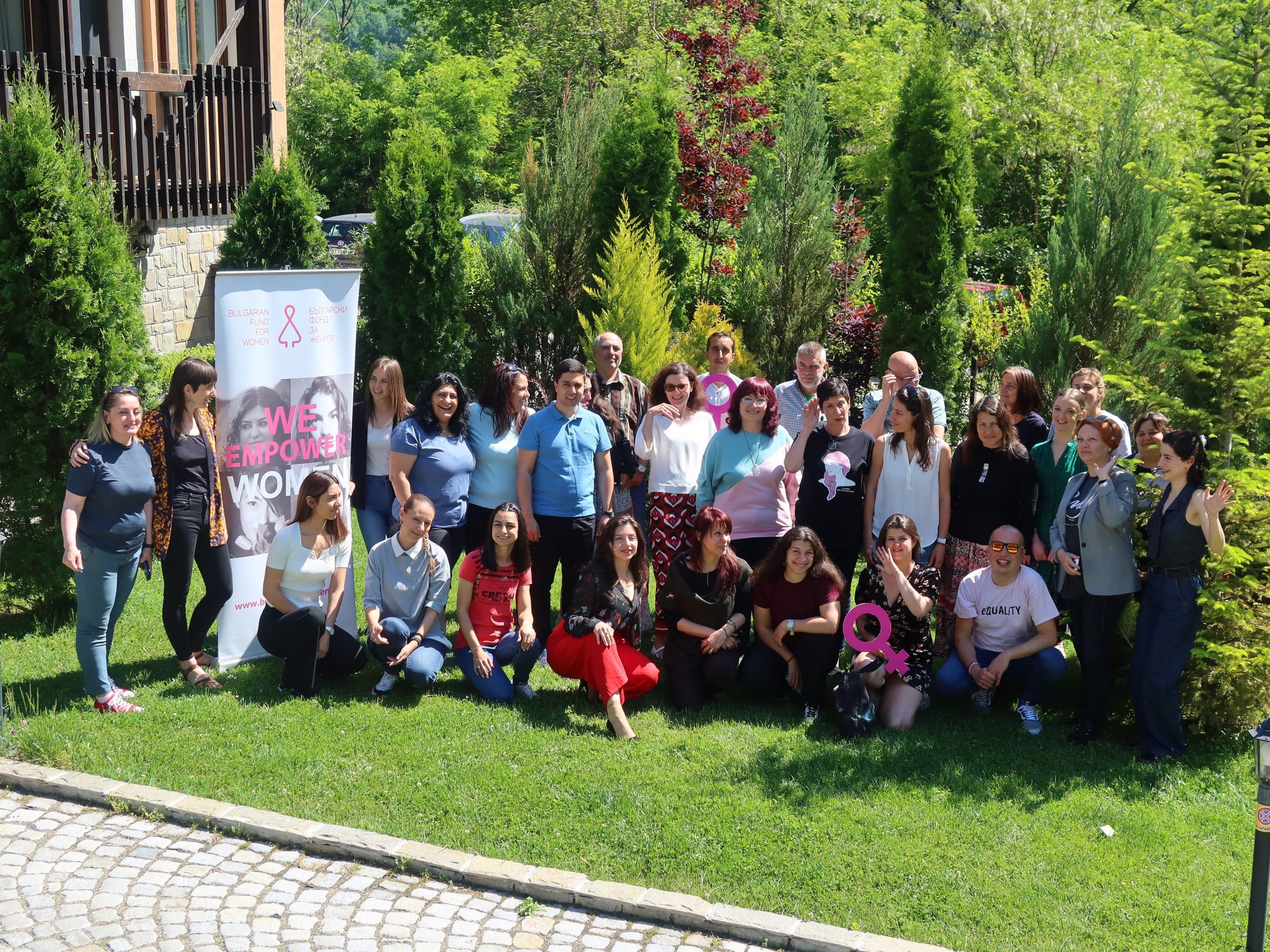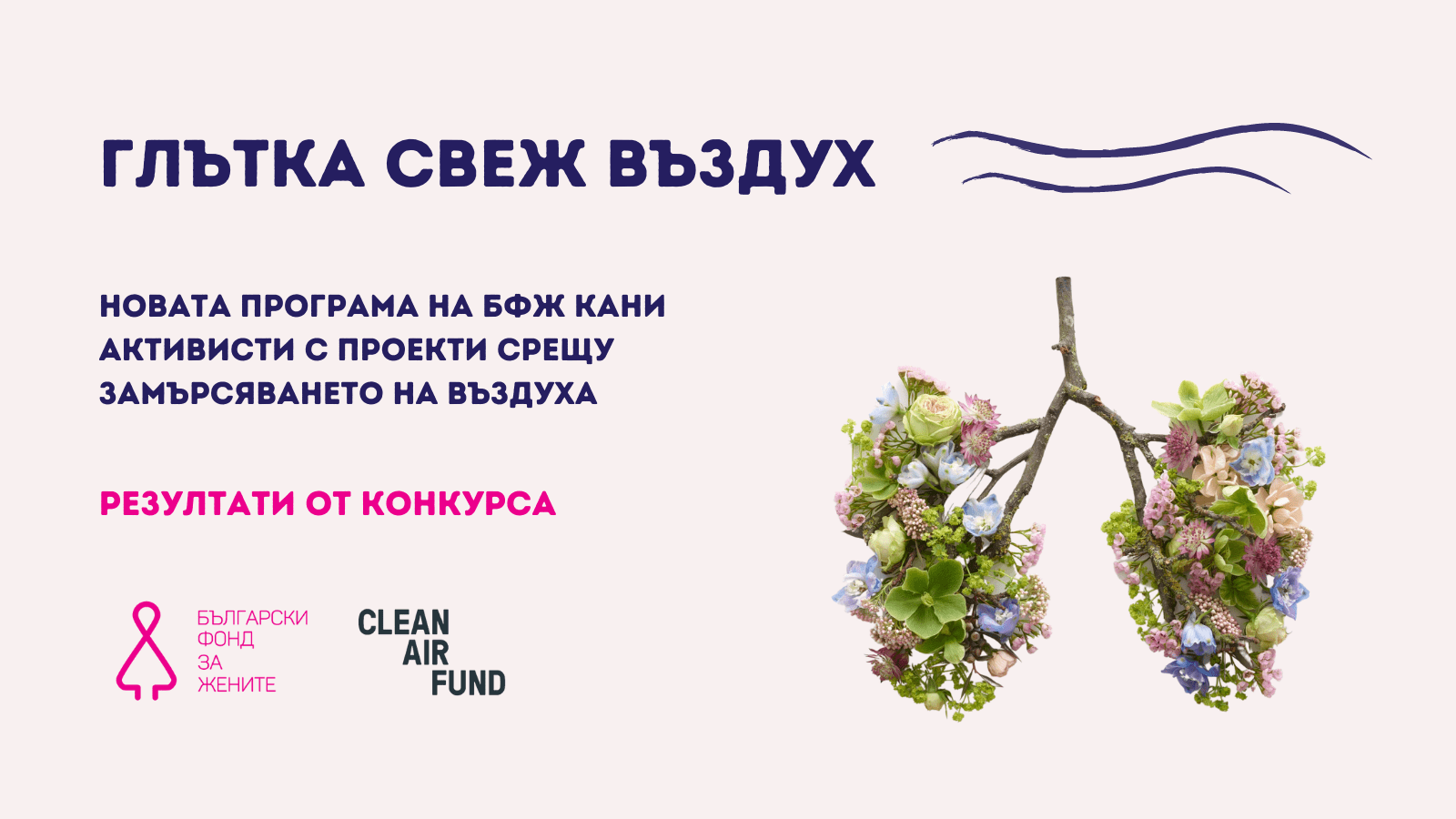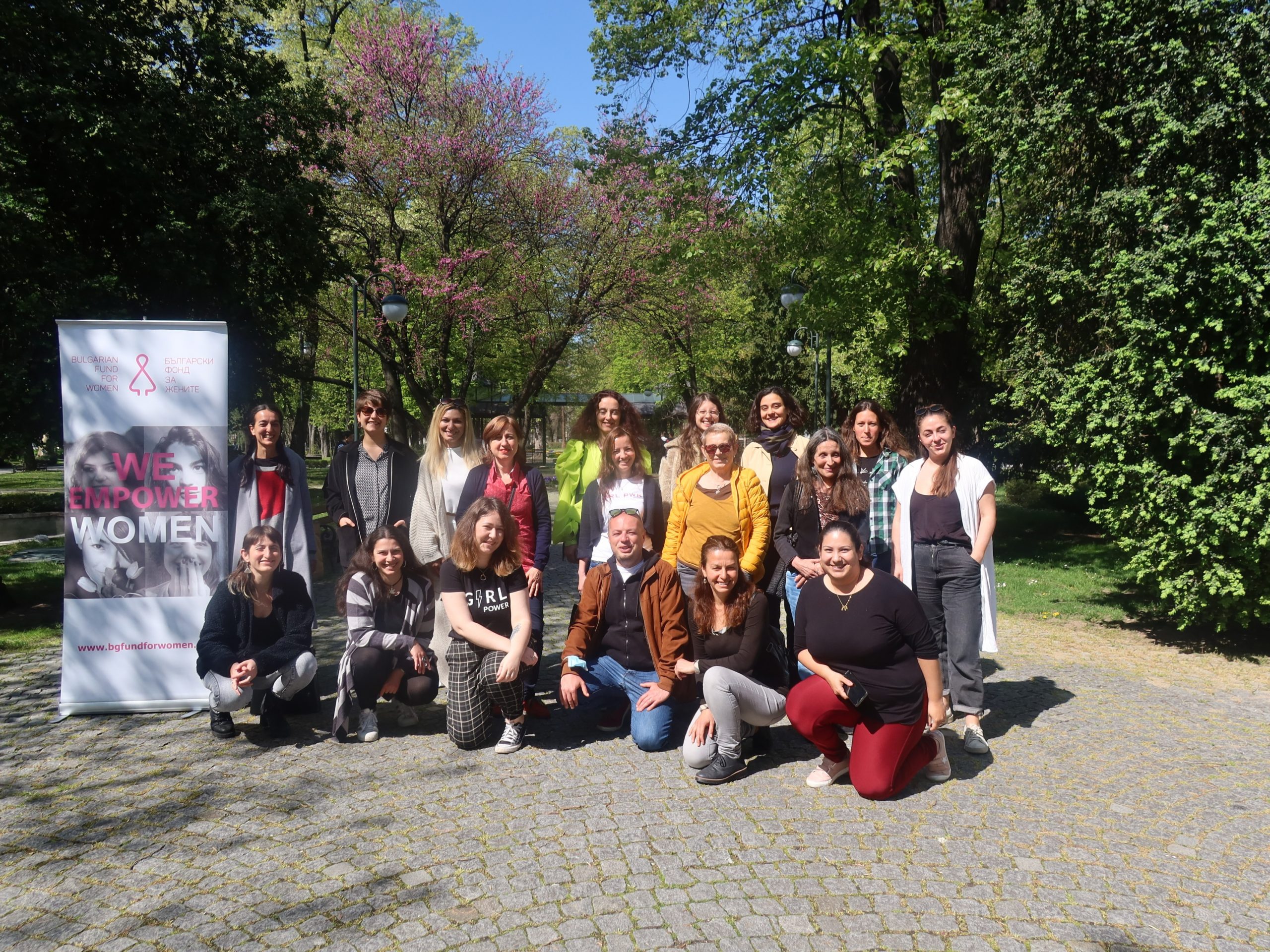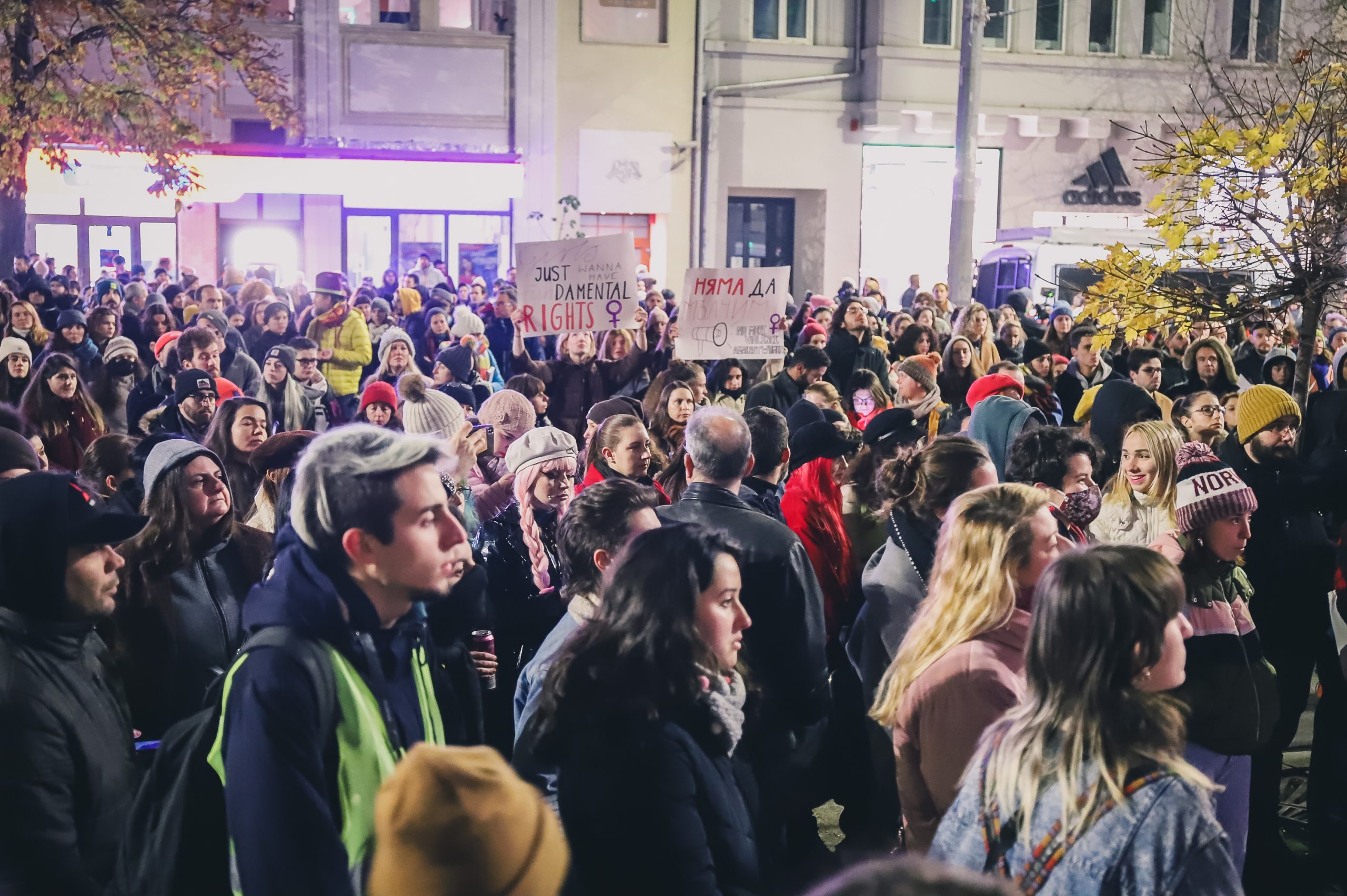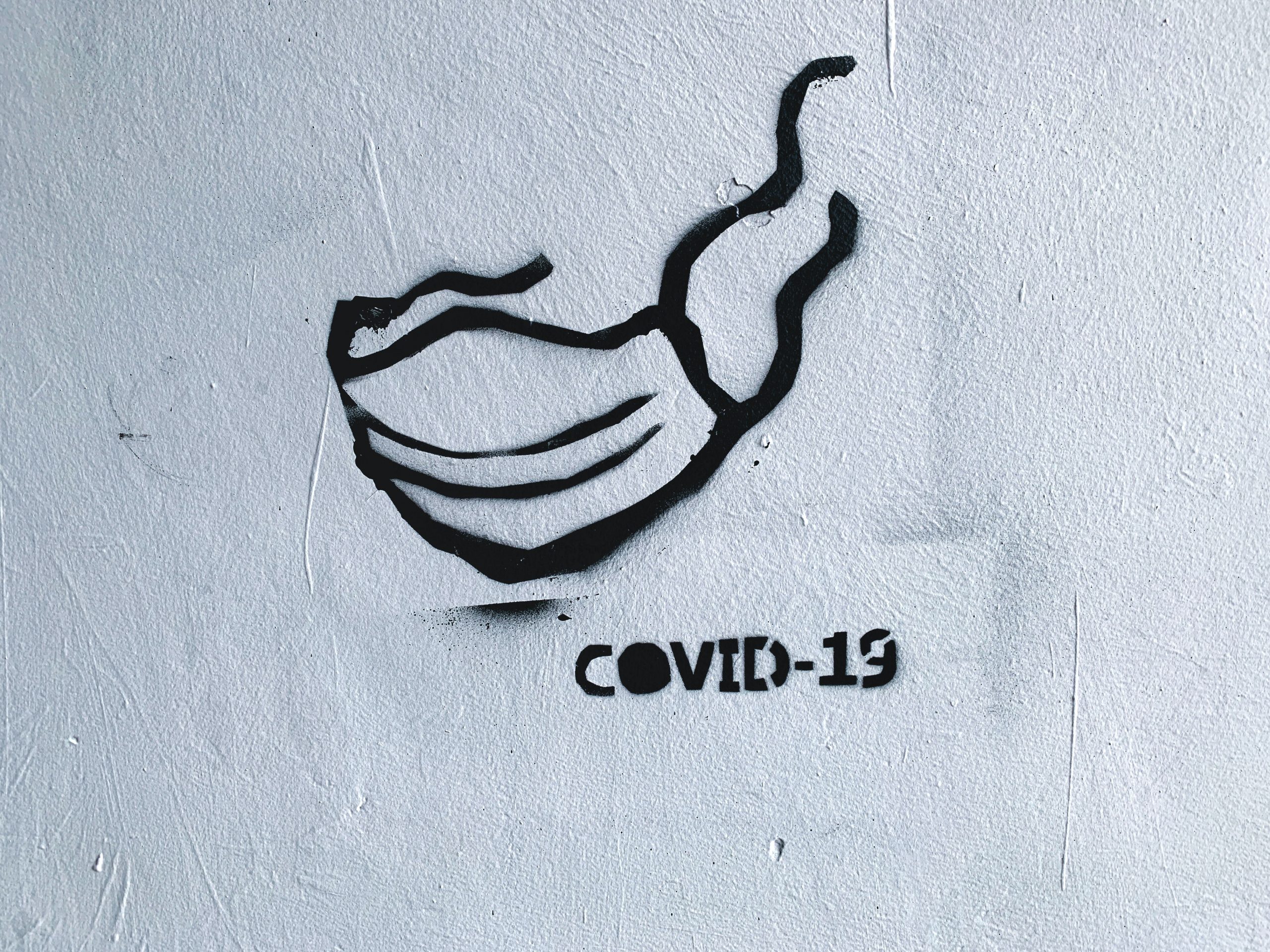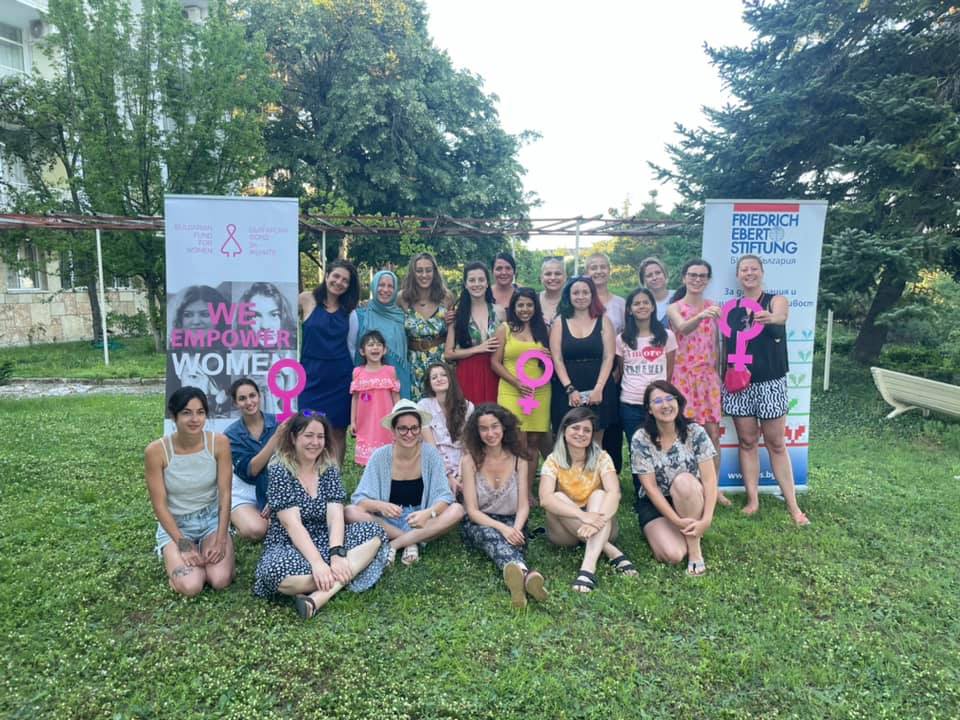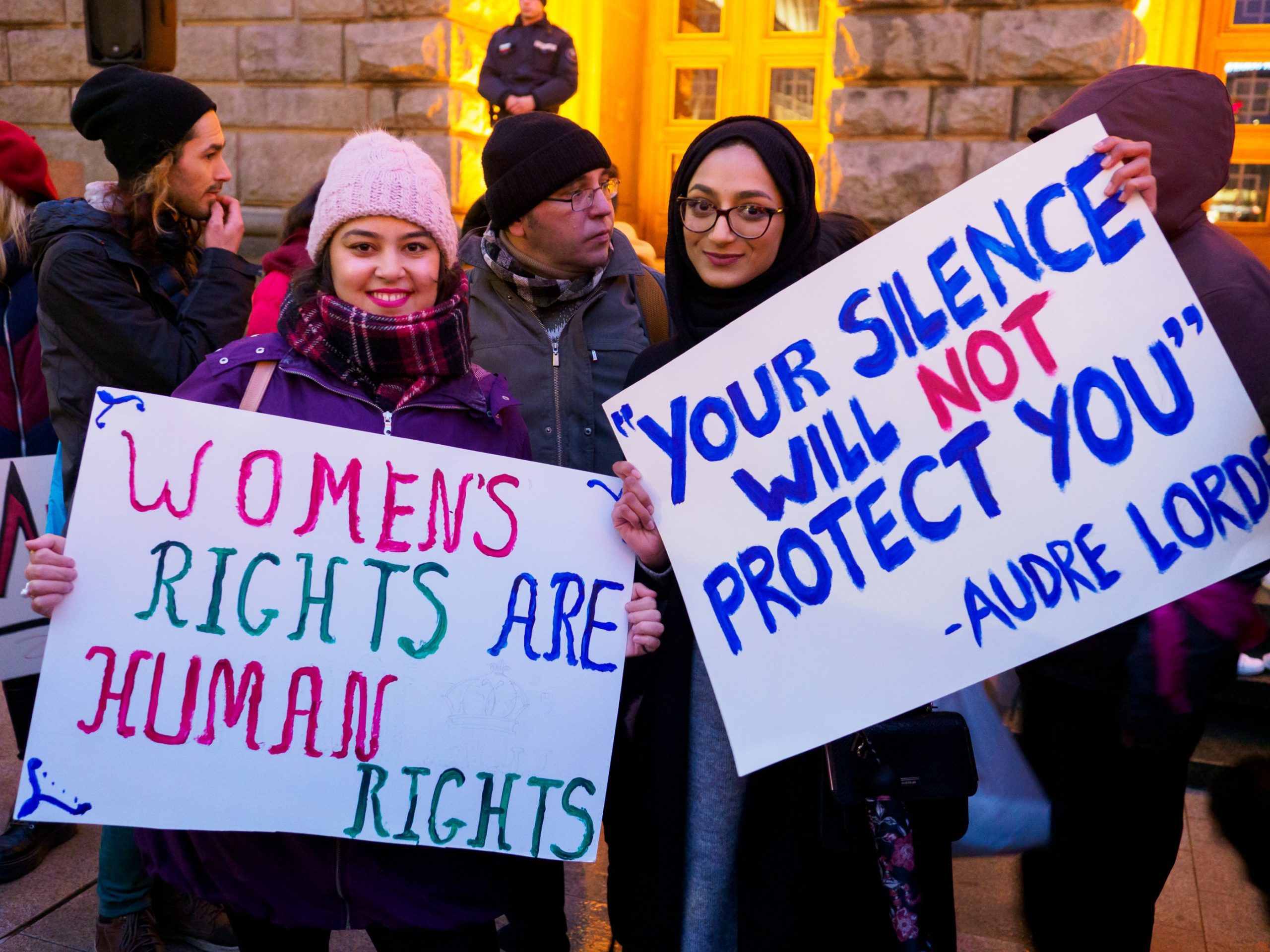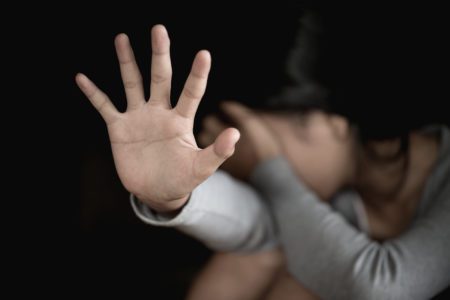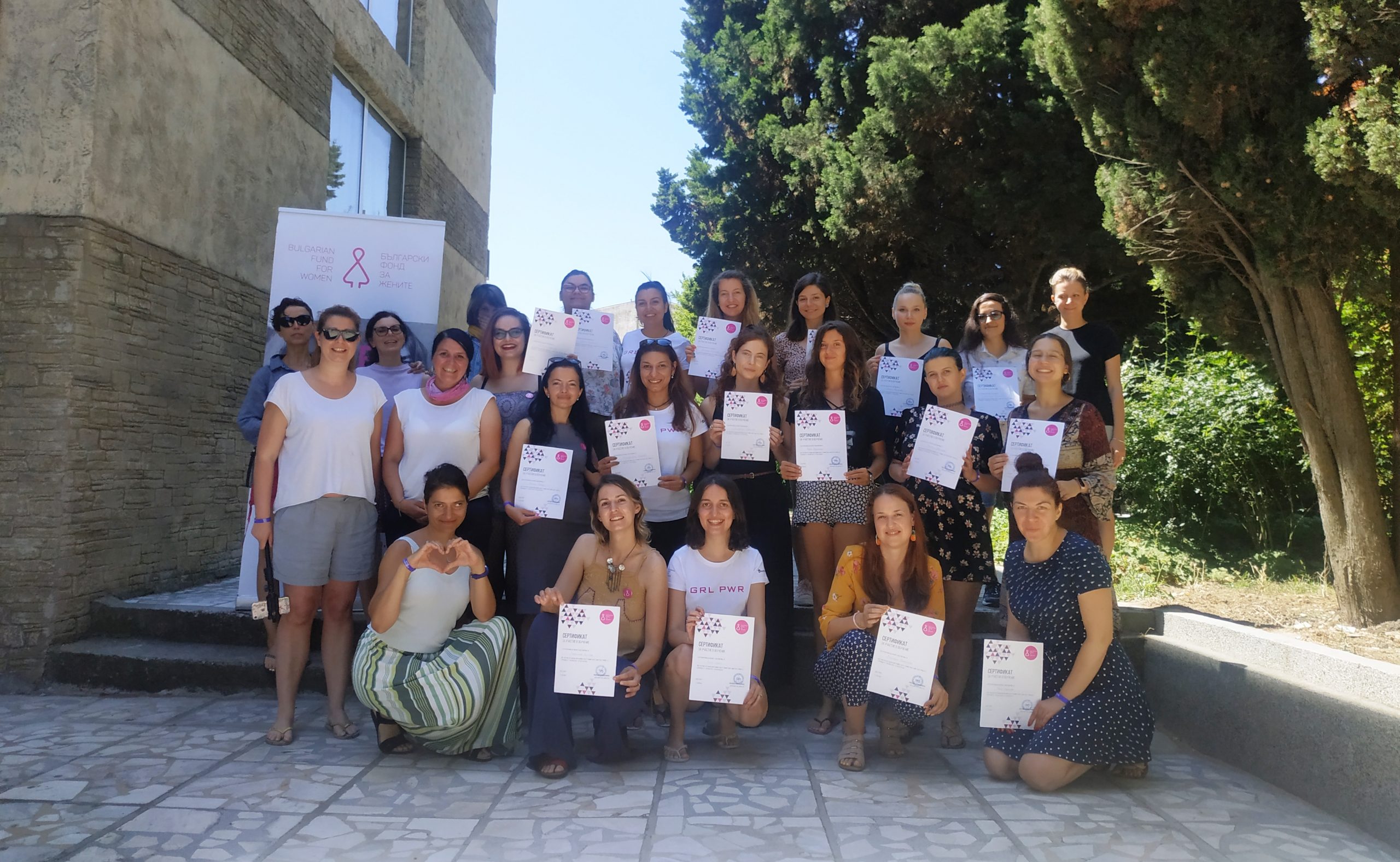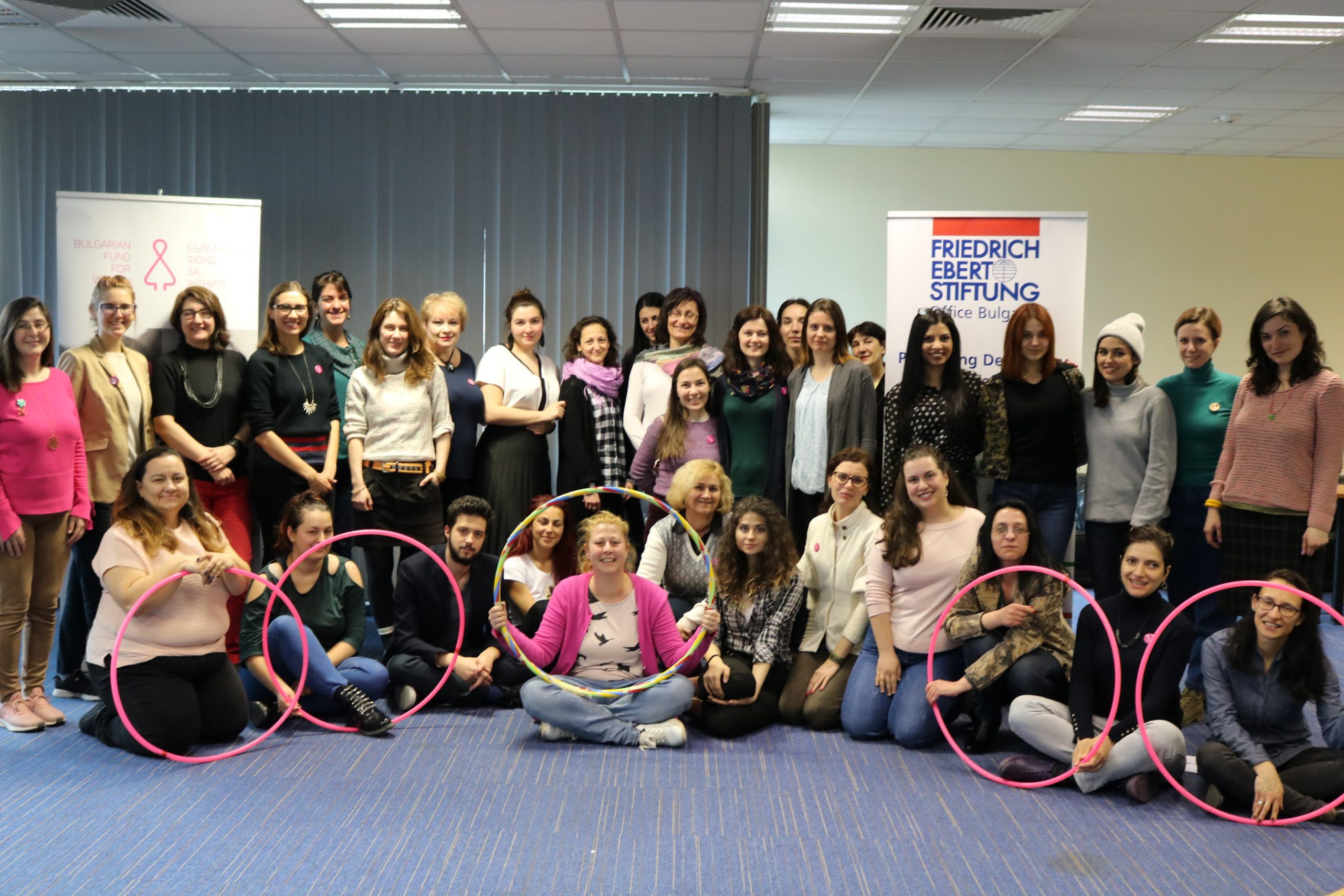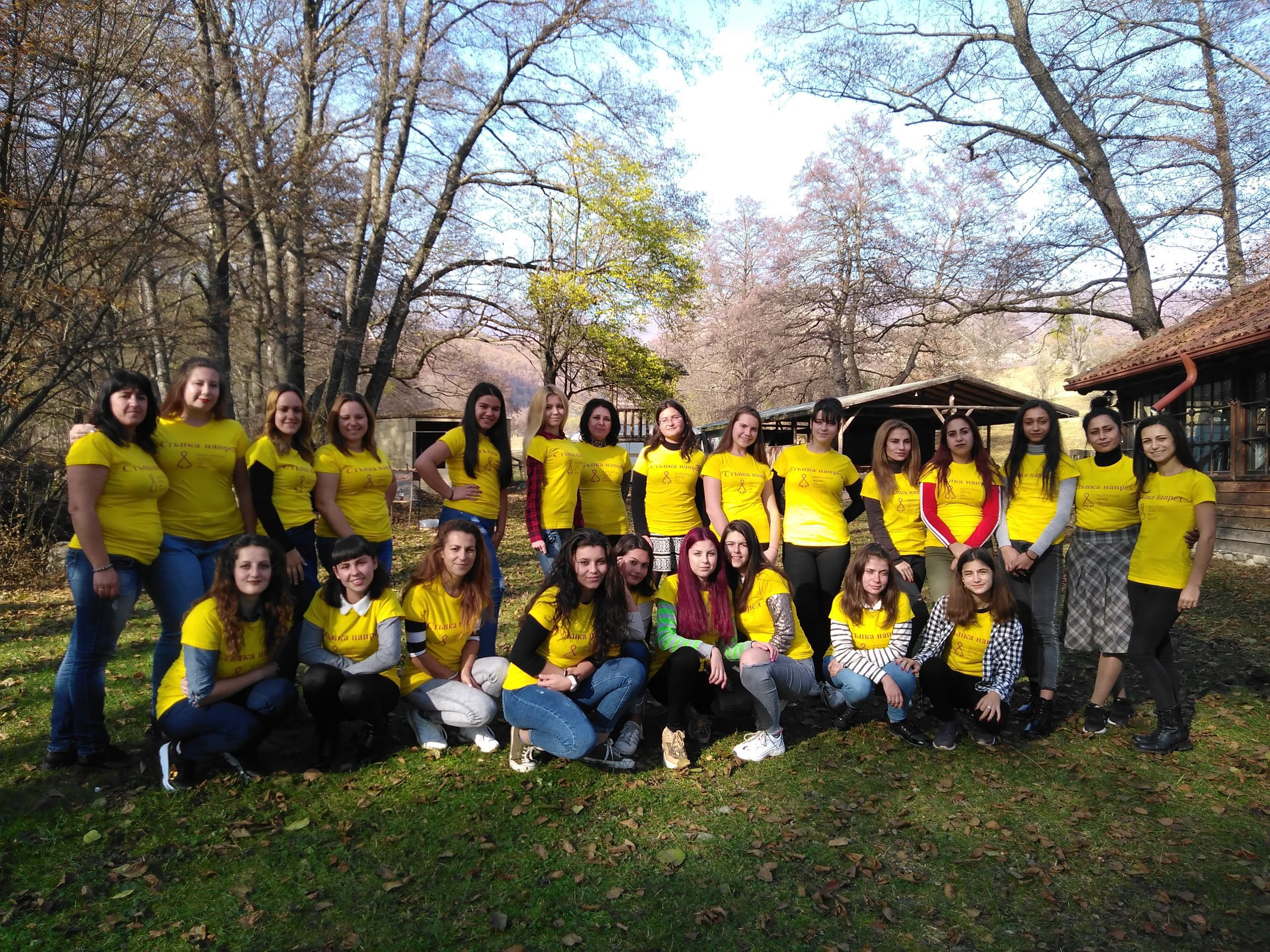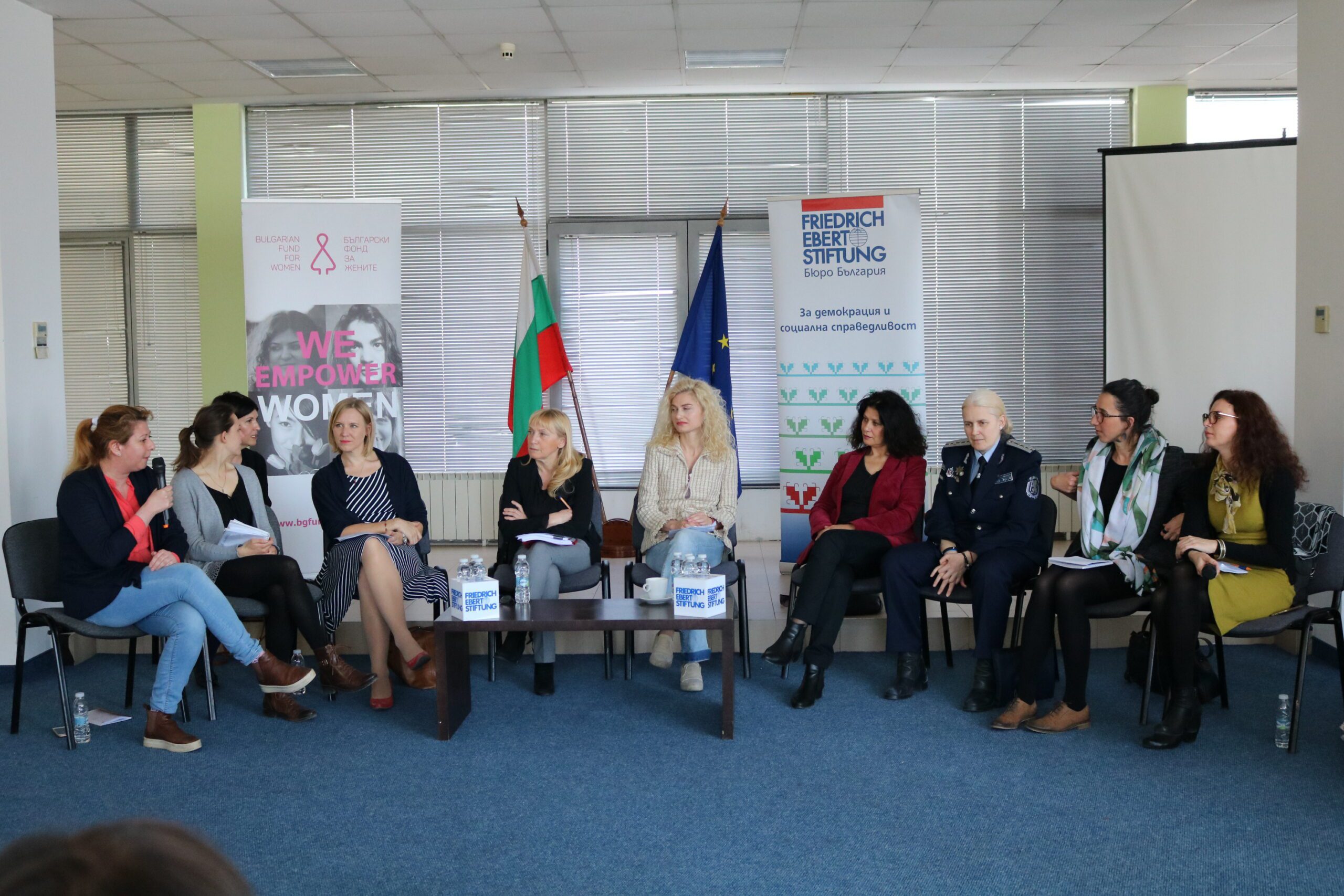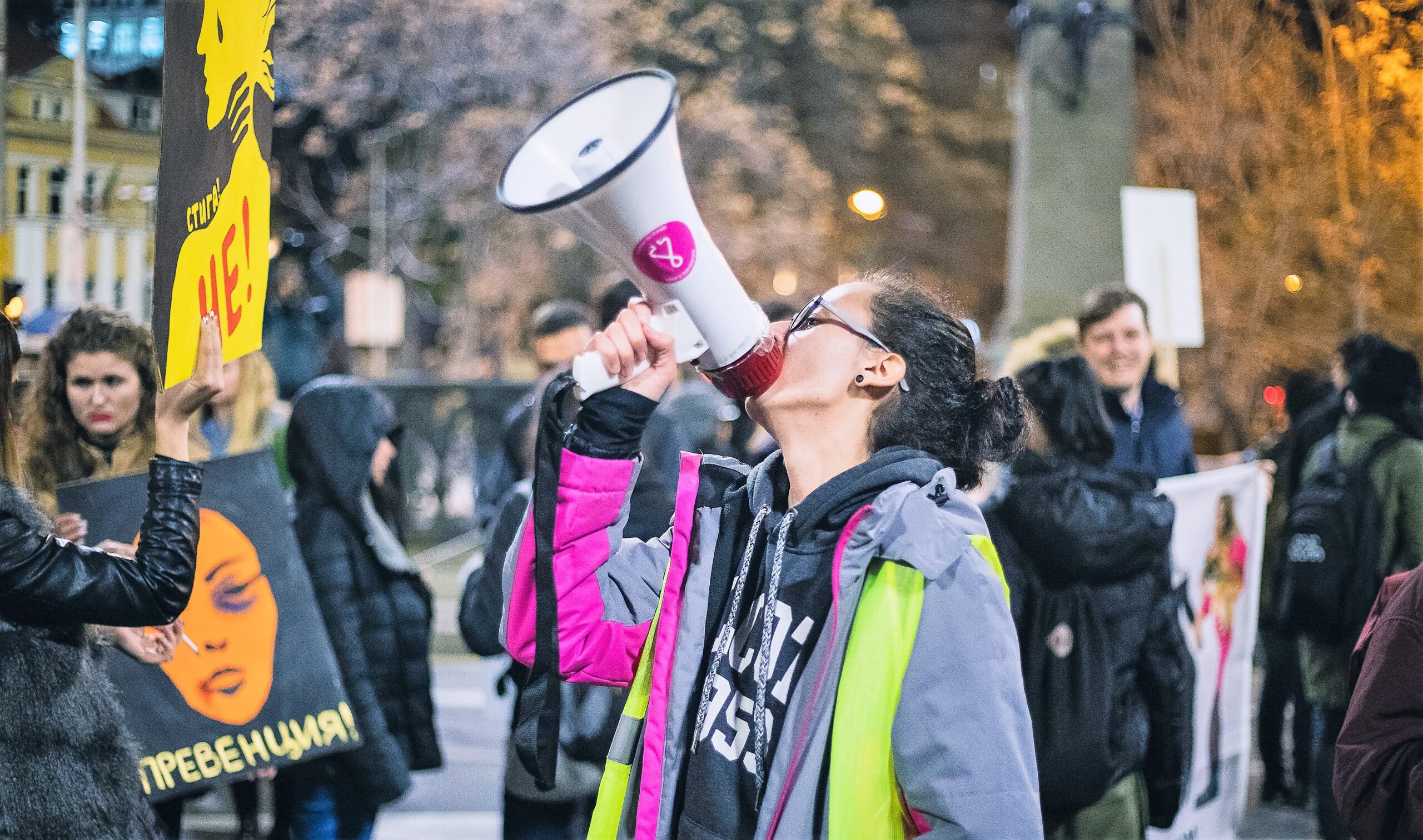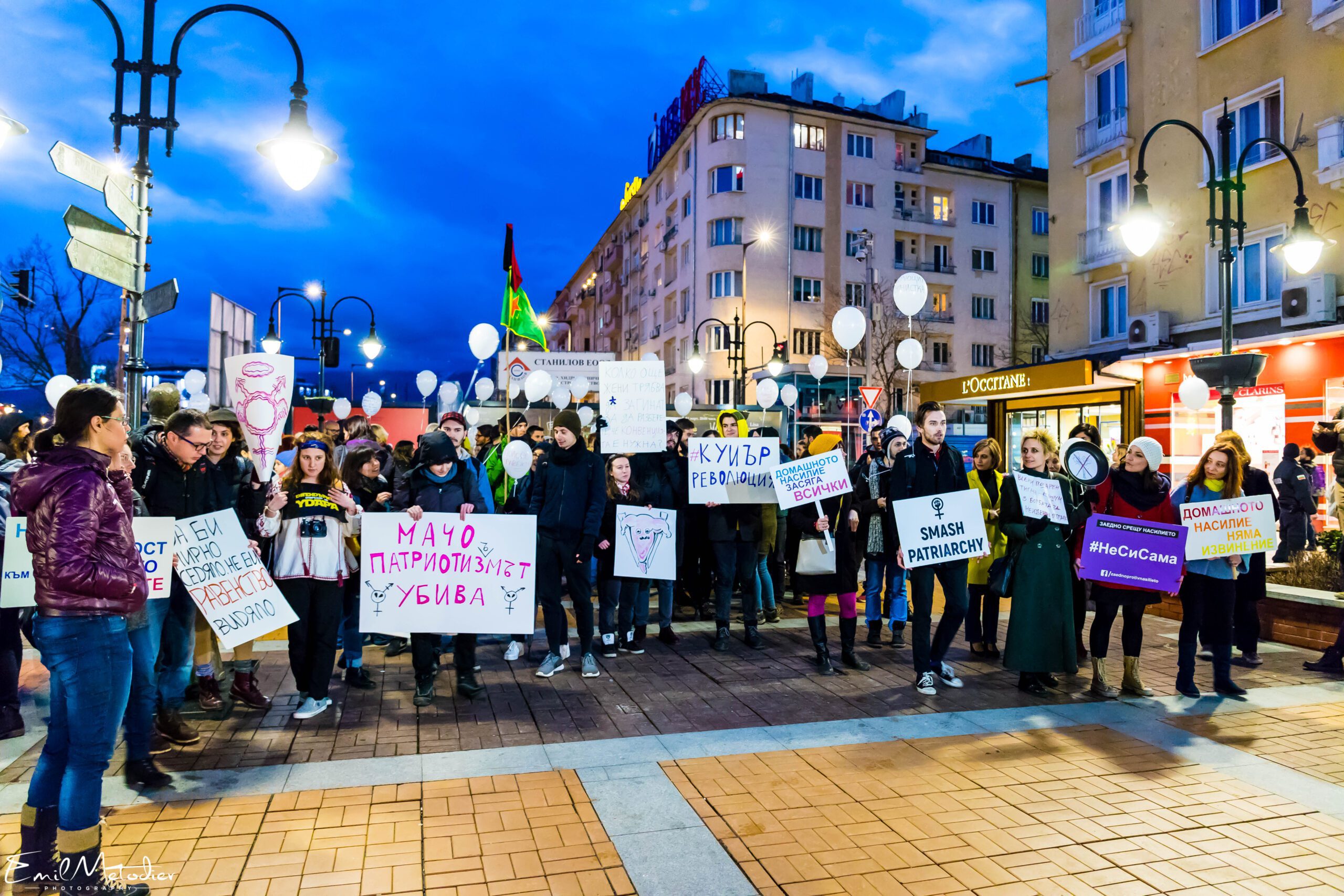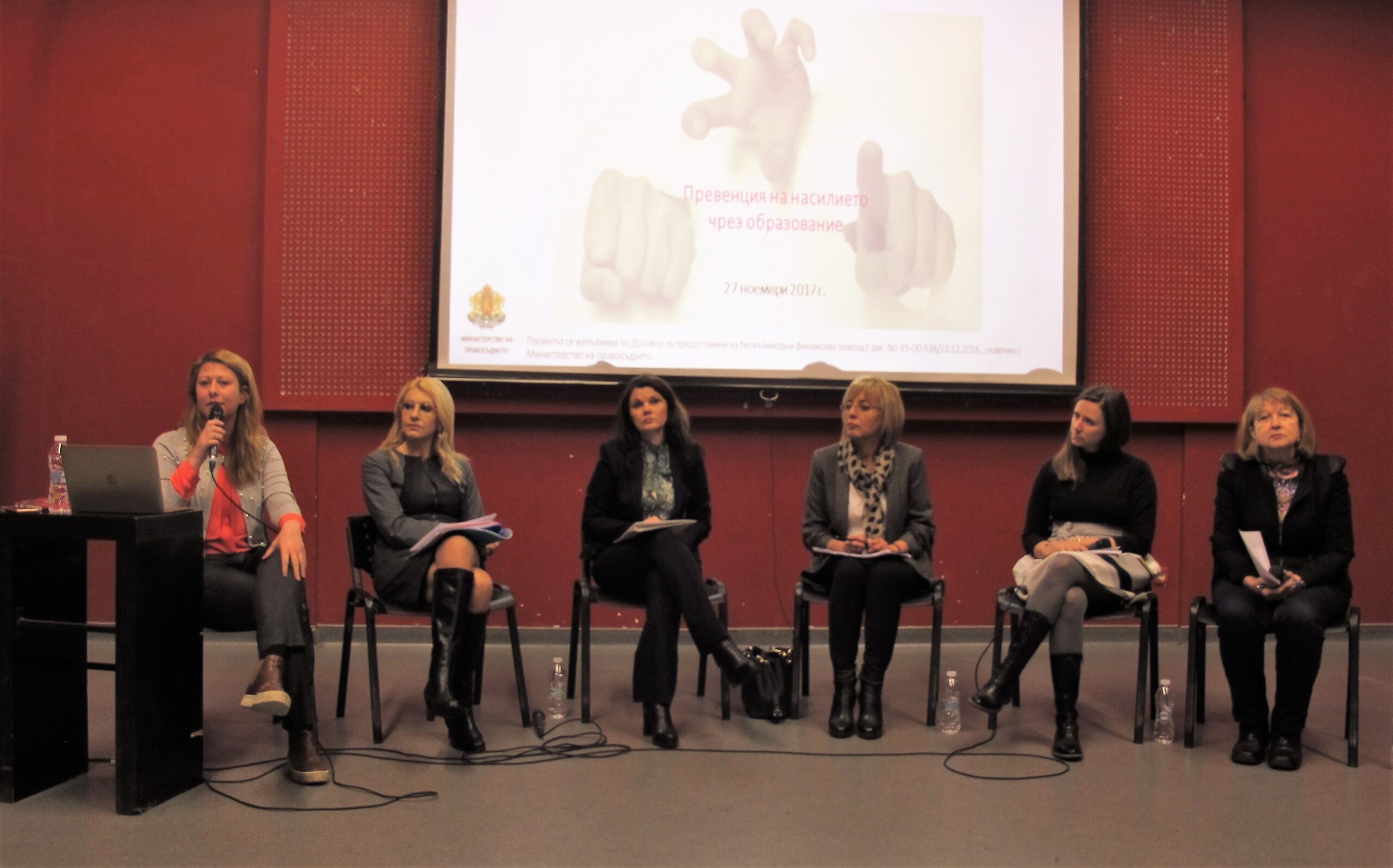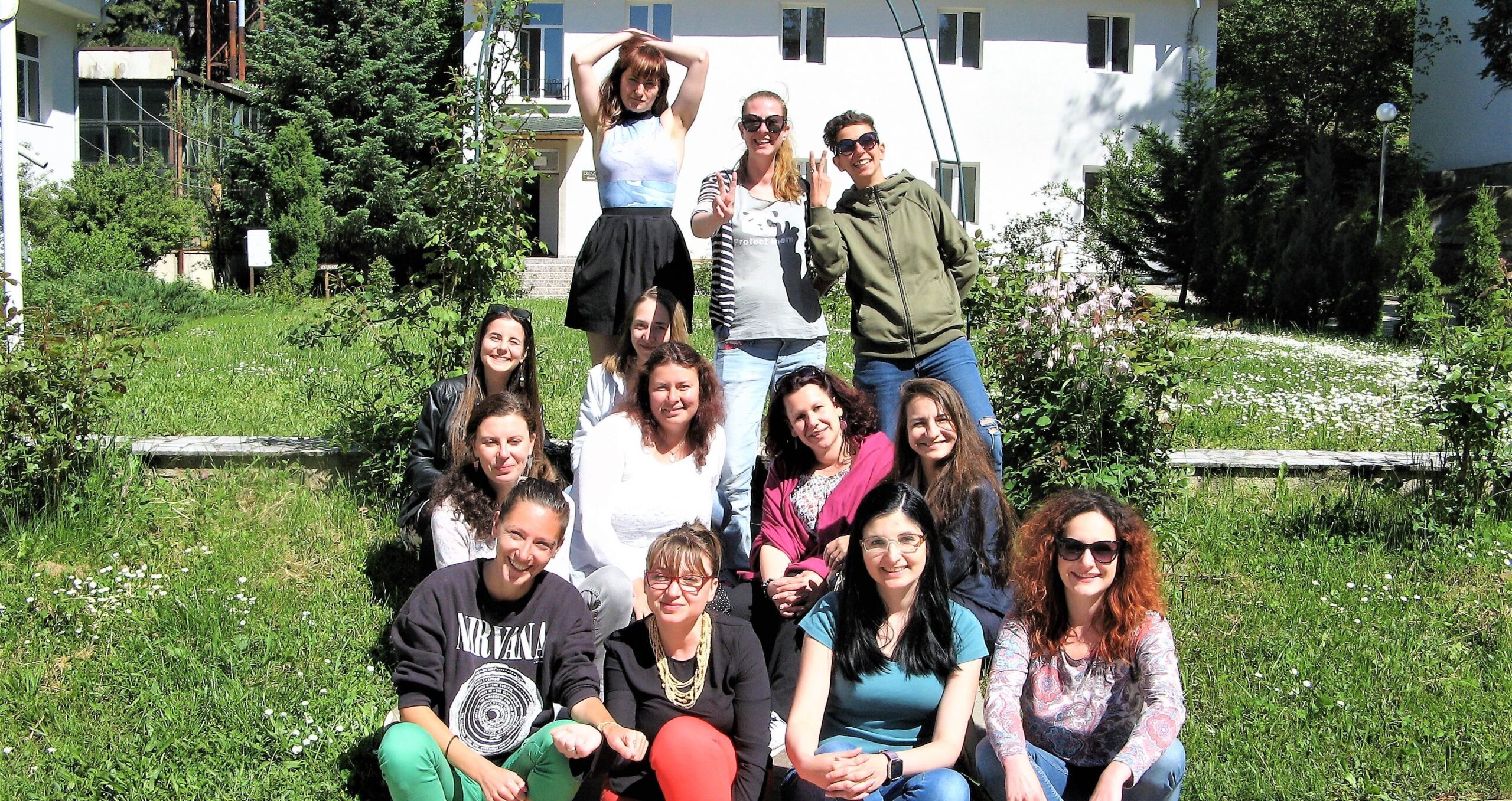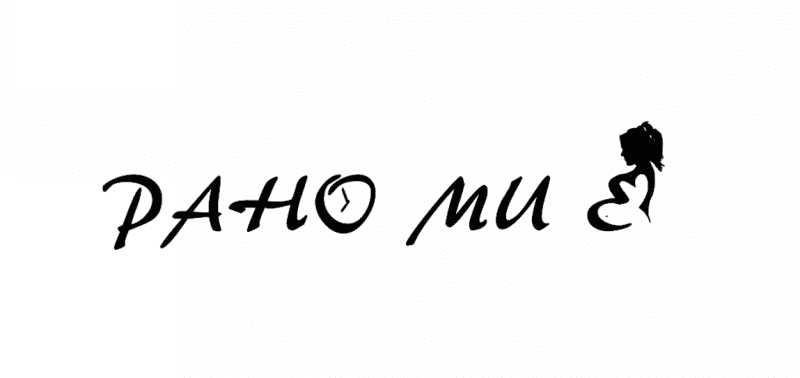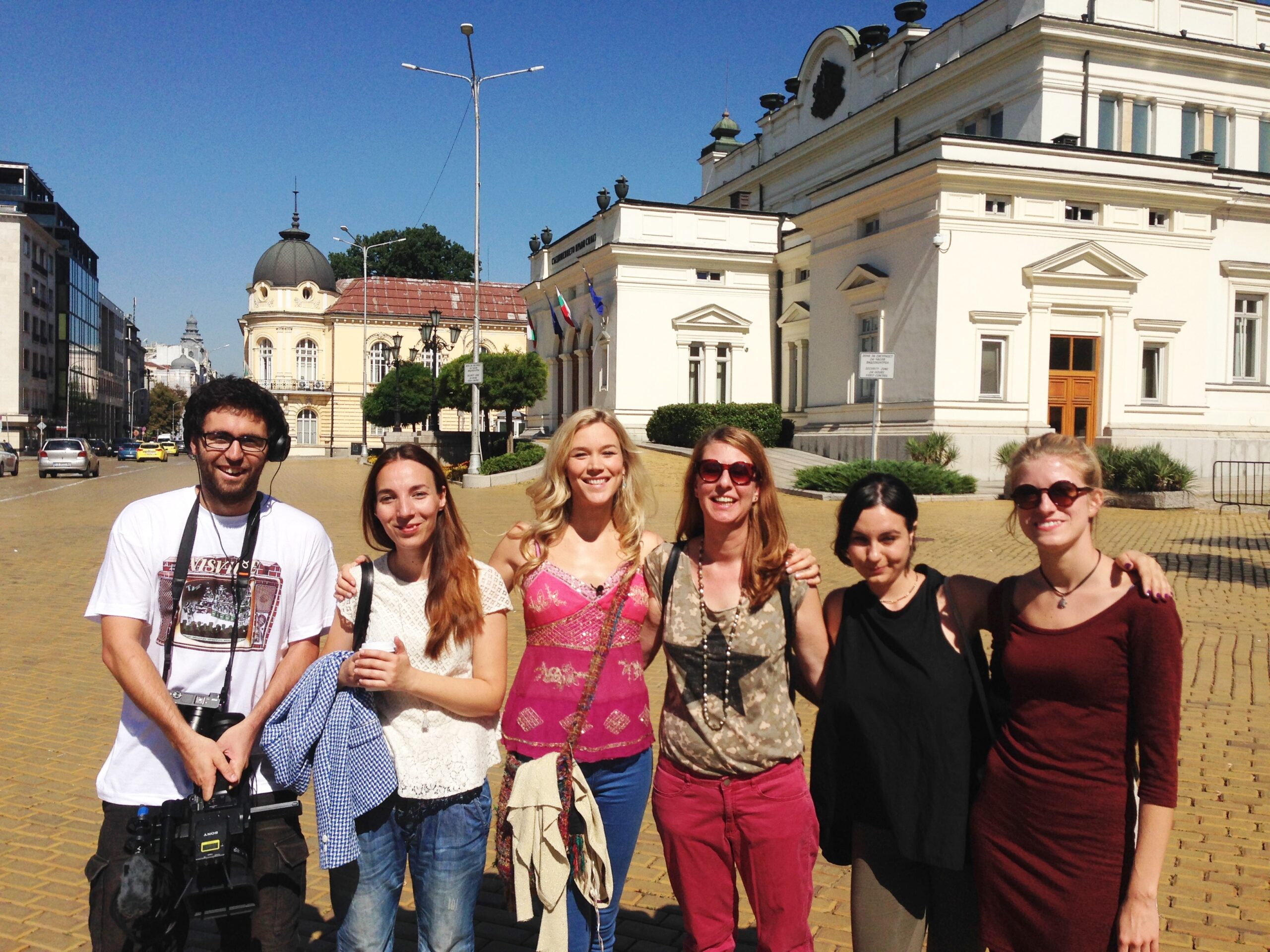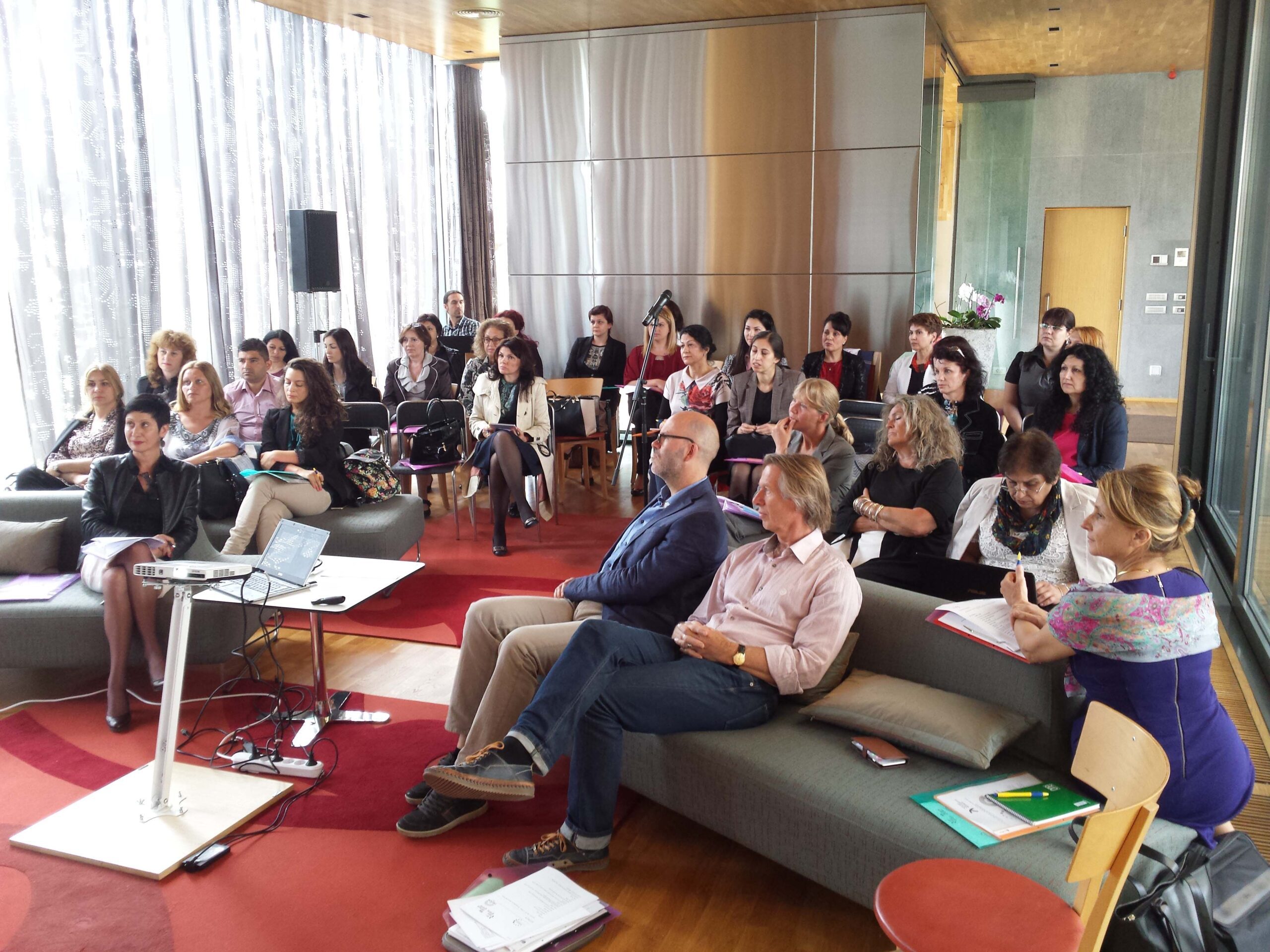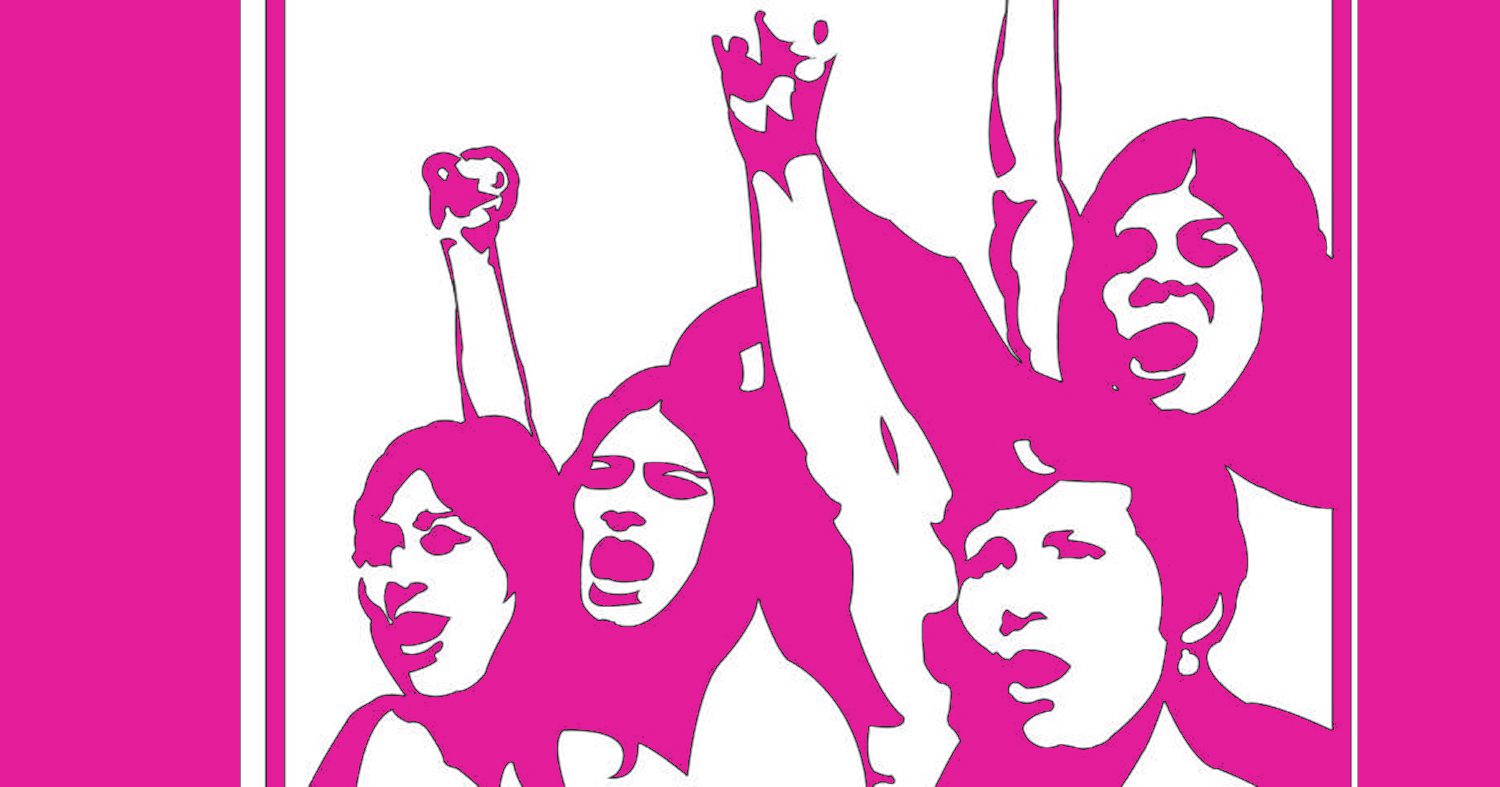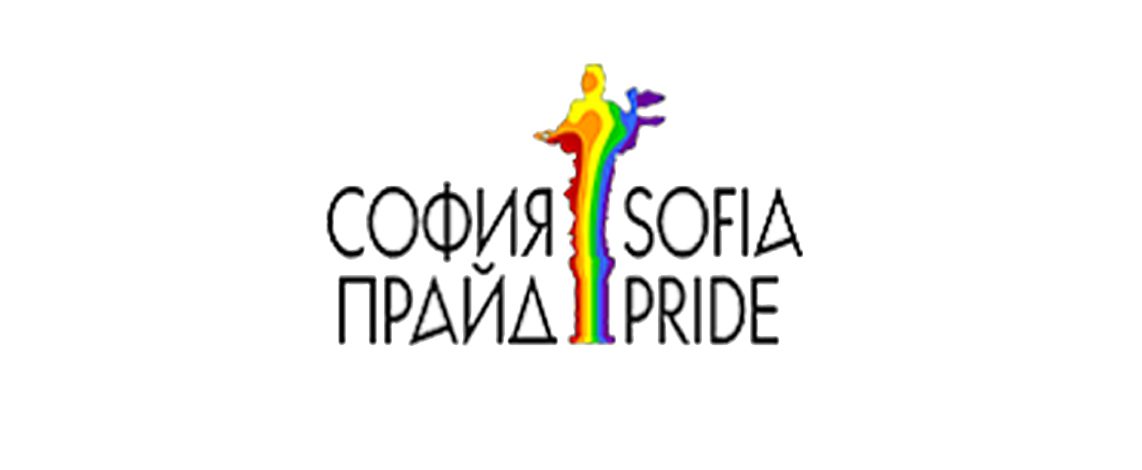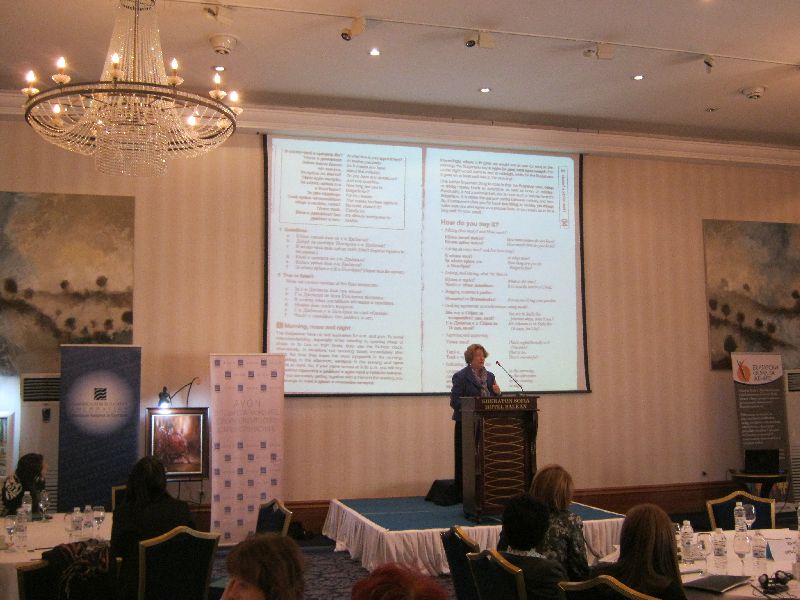Maria Vassileva (born 1961 in Sofia, where she currently lives) graduated in Art Studies from the National Academy of Arts in Sofia (1984). She holds a Doctor of Science degree (2007) and is a curator, art historian, and art critic.
She has specialized at the Museum of Modern Art in New York (1998), University of Rochester, USA (1999), Central European University in Budapest (2002), and the International Studio & Curatorial Program (ISCP), New York (2002), among others.
Vassileva is one of the founders of the Institute of Contemporary Art – Sofia and curator of the group 8th of March. She was the longtime chief curator of the Sofia City Art Gallery, the initiator of the BAZA Contemporary Art Award, and the founder of the Edmond Demirdjian Foundation Young Painter Award. She is also the founder of Structura Gallery. Vassileva has curated numerous exhibitions in Bulgaria and abroad featuring both Bulgarian and international artists.
What is the significance of the Guerrilla Girls’ work in the context of the Bulgarian artistic scene?
The arrival of the Guerrilla Girls in Bulgaria has generated significant excitement in the local art community. However, I believe this enthusiasm is driven less by the themes in their work and more by the appeal of hosting such internationally renowned figures. In Bulgaria, we still tend to celebrate guest appearances, but rarely do we fully connect the artistic content to our local realities.
While the topic of women in Bulgarian art is not new, meaningful public debate and collective reflection are still lacking. In this context, the Guerrilla Girls’ presence can serve as a much-needed wake-up call—one that challenges us to confront institutional frameworks and the subtle yet pervasive power structures that shape our art scene.
If you could include one work of Bulgarian art in a conversation with the work of the Guerrilla Girls, what would it be and why?
Ivan Mudov’s MUSIZ (2005). The work imagines a fictional, fully functioning museum of contemporary art in Bulgaria—a concept that remains unrealized to this day. Placing this piece in conversation with the Guerrilla Girls invites reflection on what such a museum’s collection might contain, particularly in regard to the representation of women artists.
Why is art created by women and other marginalized communities important for society and artistic circles? Has the access of these groups to the Bulgarian scene changed, and in what way?
Art, more than any other human activity, has the power to bring us closer to the “other”—to foster understanding and to encourage us to reflect on our own place in the world. For me, the diversity of voices is central to art’s purpose and is the only way it can truly generate empathy. This, I believe, is art’s most vital function today.
In the Bulgarian context, many of the typical institutional structures—such as public collections—are largely missing. Without these systems, the challenge is not so much about “access” but about recognition and validation. Women in the Bulgarian art world often struggle not with entering the field, but with receiving acknowledgment for their work. Even more troubling is the near-total absence of other marginalized voices.
That said, I wouldn’t equate the experience of Bulgarian women artists with that of other marginalized communities. Since the socialist era, the idea of gender equality has led to a relatively balanced participation of both men and women in the country’s artistic life. In fact, the focus of the 8th of March group was not on gaining access, but rather on distinguishing women’s artistic production through its specifically feminine perspective and asserting a feminine voice—something that differs significantly from other societies.
All artistic voices matter, and all deserve to be heard. In this regard, Bulgaria is quite democratic—there is space for everyone to express themselves. The more pressing issue is whether mechanisms exist that allow these artistic voices to reach the public and decision-makers.
The Art of Behaving Badly continues until June 8, 2025, at the National Gallery / Kvadrat 500. The exhibition is part of the multi-year project of the Bulgarian Fund for Women, titled “Fund for Artistic Projects by Women Artists.”

